 Sign in
Sign in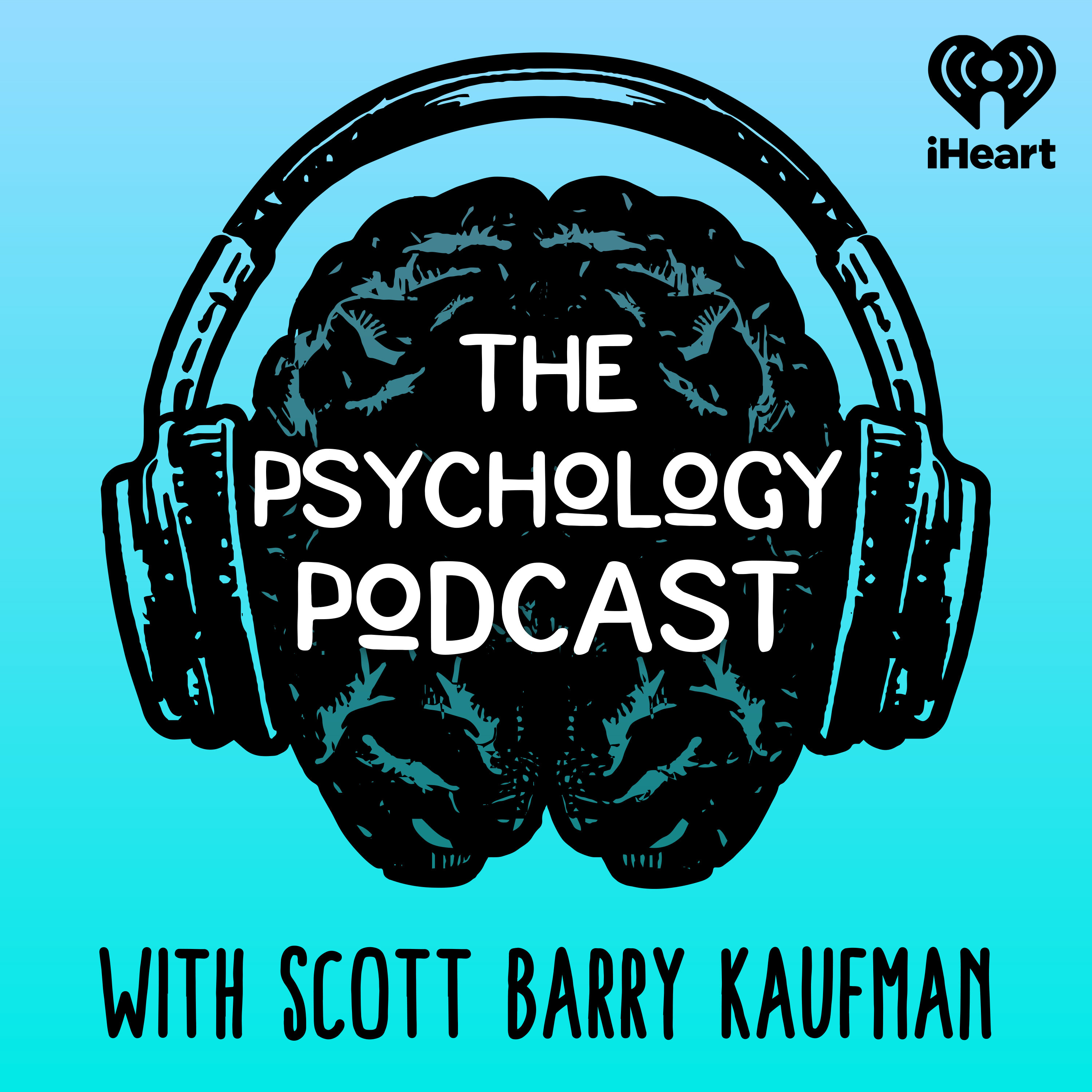
Science
iHeartPodcasts
In each episode, we talk with inspiring scientists, thinkers, and other self-actualized individuals who will give you a greater understanding of yourself, others, and the world we live in. Scott Barry Kaufman explores the depths of human potential and tries to get a glimpse into human possibility in every episode.
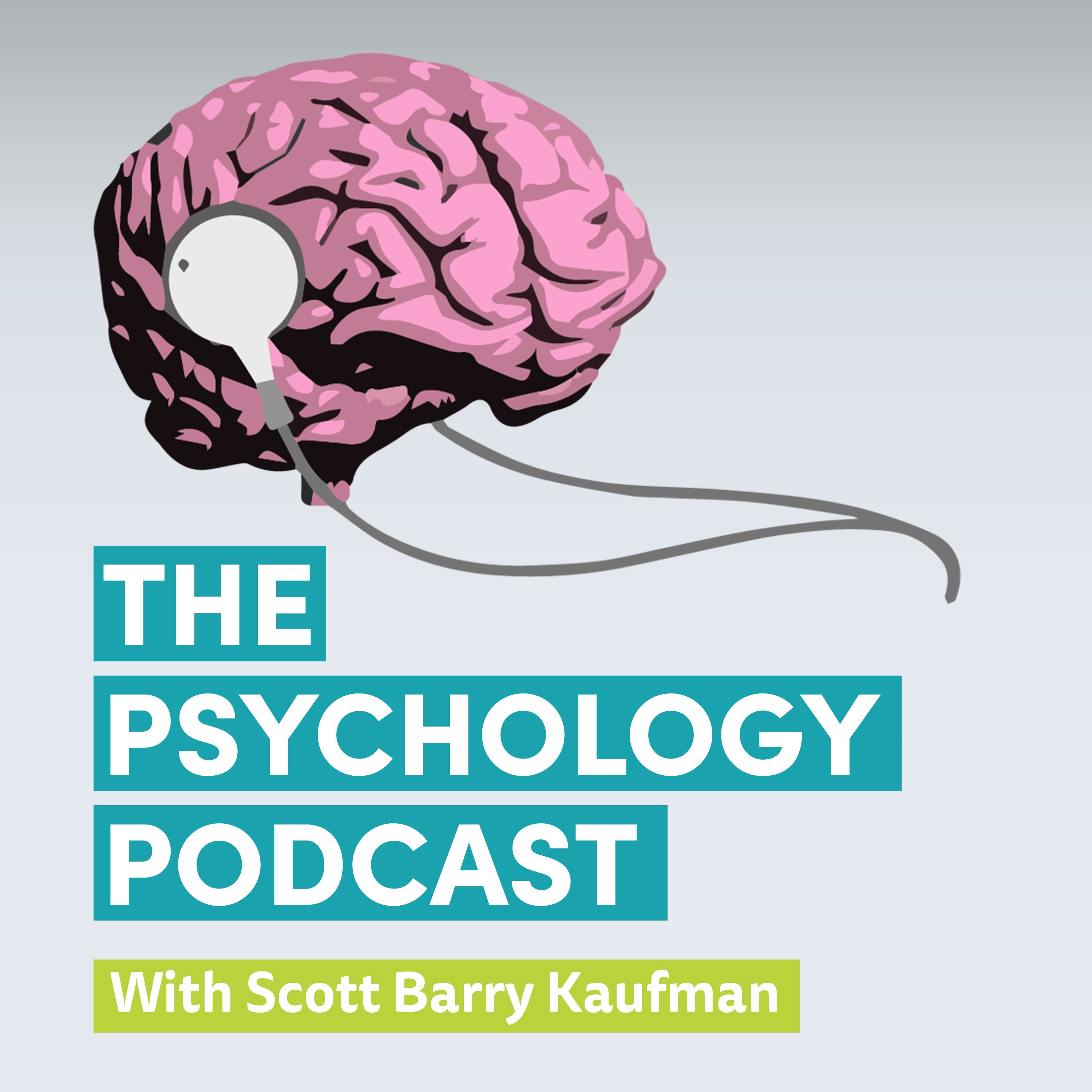
Robert Greene || The Laws of Human Nature
Today we have Robert Greene on the podcast. Robert is the #1 New York Times bestselling author of The 48 Laws of Power, The 33 Strategies of War, The Art of Seduction, and Mastery, and is an internationally renowned expert on power strategies. His latest book is The Laws of Human Nature. In this episode we discuss: What is human nature? How to transform self-love into empathy The deep narcissist vs. the the heathy narcissist Abraham Maslow’s encounter with Alfred Adler How to confront your dark side Returning to your more authentic self How people who are one-sided are concealing the opposite trait The importance of not taking yourself too seriously How to see through people’s masks The importance of assessing people’s actions over time Why toxic types have a peculiar sort of charm Healthy people-pleasers vs. toxic people-pleasers How to get in deep contact with your purpose The importance of becoming aware of the "spirit of the generation" How to confront your mortality and open your mind to the sublime Support this podcast: https://anchor.fm/the-psychology-podcast/supportSee omnystudio.com/listener for privacy information.
01:12:1629/11/2018

A.J. Jacobs || A Gratitude Journey
Today it’s a great honor to have A.J. Jacobs on the podcast. Jacobs is the author of Thanks a Thousand, It’s All Relative, Drop Dead Healthy, and the New York Times bestsellers The Know-It-All, The Year of Living Biblically, and My Life as an Experiment. He is a contributor to NPR, and has written for The New York Times, The Washington Post, and Entertainment Weekly. He lives in New York City with his wife and kids. Get a handwritten thank you card at ajjacobs.com/thanks. In this episode we discuss: What is Project Gratitude? How A.J. went from grumpy to grateful Why A.J. chose coffee as his main source of gratitude The importance of savoring coffee (and everything else in life that matters) Why we should be grateful for the barrister The enemy of gratitude The importance of the “zarf” Where gratitude emerges, according to gratitude expert Bob Emmons They importance of reframing your life Some strategies to increase gratitude in daily life Support this podcast: https://anchor.fm/the-psychology-podcast/supportSee omnystudio.com/listener for privacy information.
41:3522/11/2018
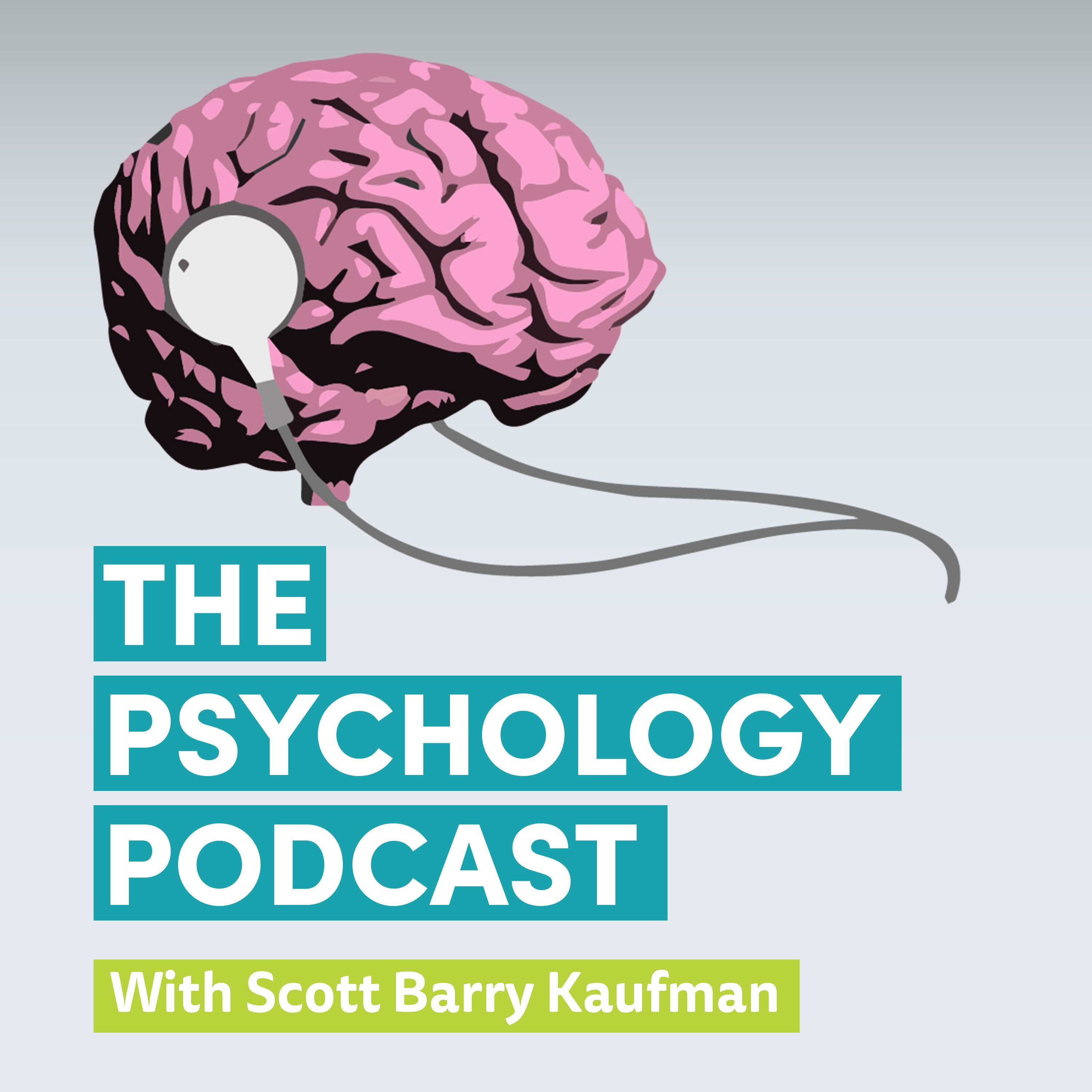
Steve Stewart-Williams || How the Mind and Culture Evolve
"It's going to be Okay."-- Steve Stewart-Williams Today I’m delighted to have Steve Stewart-Williams on the podcast. Dr. Stewart-Williams is a New Zealander who moved to Canada, then to Wales, and then to Malaysia, where he is now an associate professor of psychology at the University of Nottingham Malaysia Campus. His first book, Darwin, God, and the Meaning of Life, was published in 2010 and his latest book is The Ape That Understood the Universe: How the Mind and Culture Evolve. In this episode we cover the following topics: What would the human species look like from the perspective of an alien? Are humans just evolved fish? How far does evolutionary psychology take us in understanding human nature? What are some common myths about the evolutionary process? How we can be evolutionary “losers” and still be human success stories The distinction between altruism and selfishness Why the evolutionary psychology perspective is not enough to understand human nature How culture evolved among humans The link between human creativity and cultural evolution The potential human conflict between passing on genes vs. passing on memes How culture can amplify our nature Steve answers questions from Twitter Support this podcast: https://anchor.fm/the-psychology-podcast/supportSee omnystudio.com/listener for privacy information.
54:2415/11/2018
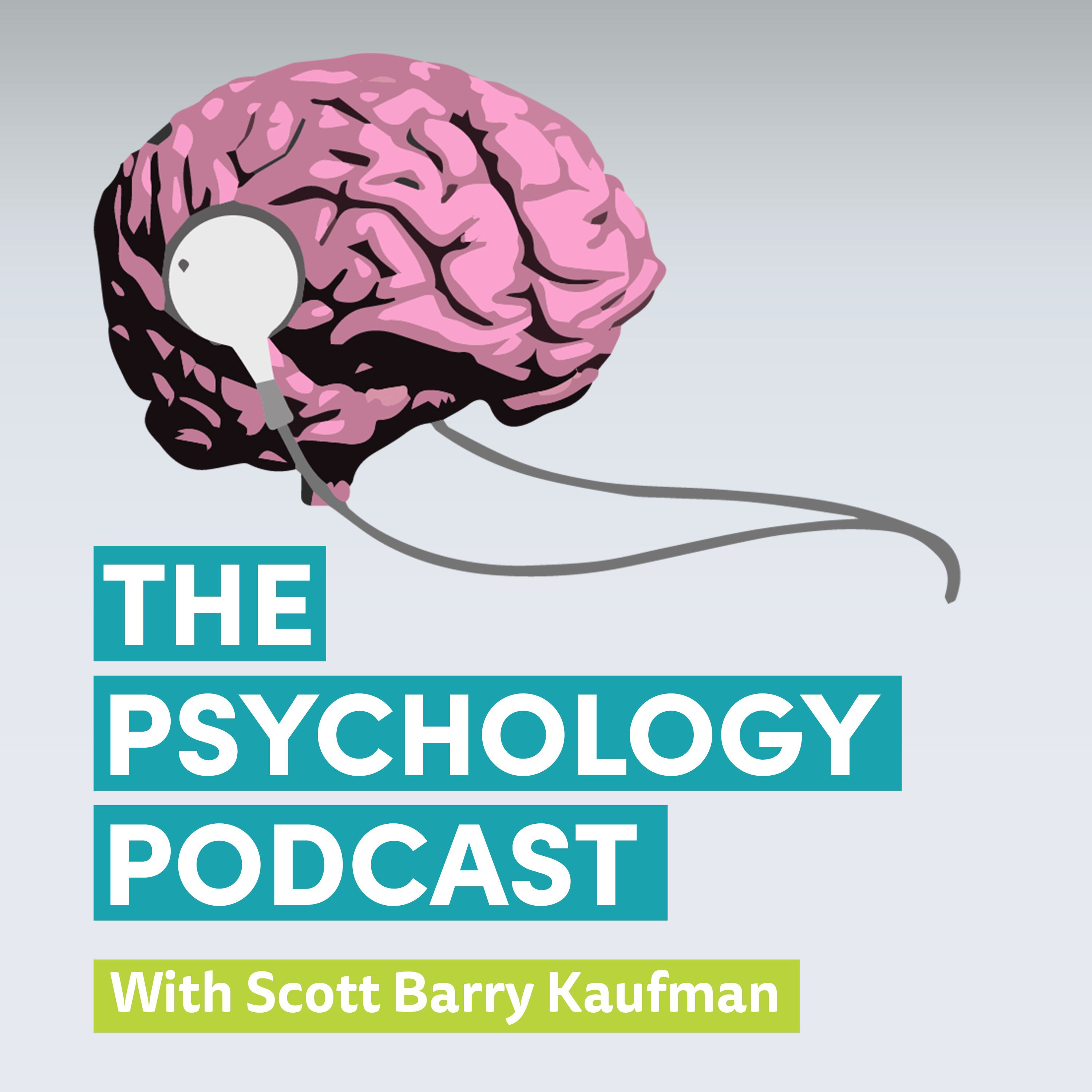
Sean Carroll || the Origins of Life, Meaning, and the Universe
Today it’s an honor to have Dr. Sean Carroll on the podcast. Dr. Carroll is a theoretical physicist at the California Institute of Technology. Recently, Carroll has worked on the foundation of quantum mechanics, the arrow of time, and the emergence of complexity. He has been awarded prizes and fellowships by the National Science Foundation, NASA, the Alfred P. Sloan Foundation, among others. Dr. Carroll has given a TED talk on the multiverse that has more than 1.5 million views, and he has participated in a number of well-attended public debates concerning material in his latest book, which is entitled “The Big Picture: On the Origins of Life, Meaning, and the Universe Itself.” - The meaning of “post-existentialism” - What is “poetic naturalism”? - What is the fundamental nature of reality? - Do “tables” and “chairs” really exist? - The difference between rich ontology and sparse ontology - The Bayesian probability of the existence of God - How the universe evolved - The analogy between psychological entropy and naturalistic entropy - Can we think about the brain in useful terms entropically? - In what sense do we have free will? - How hard is the hard problem of consciousness? - The importance of “existential gratitude” - The link between quantum mechanics and consciousness - Is there life (consciousness) after death? - How can we create purpose, meaningfulness, mattering, morality, and ethics in a natural world? Support this podcast: https://anchor.fm/the-psychology-podcast/supportSee omnystudio.com/listener for privacy information.
01:24:1701/11/2018
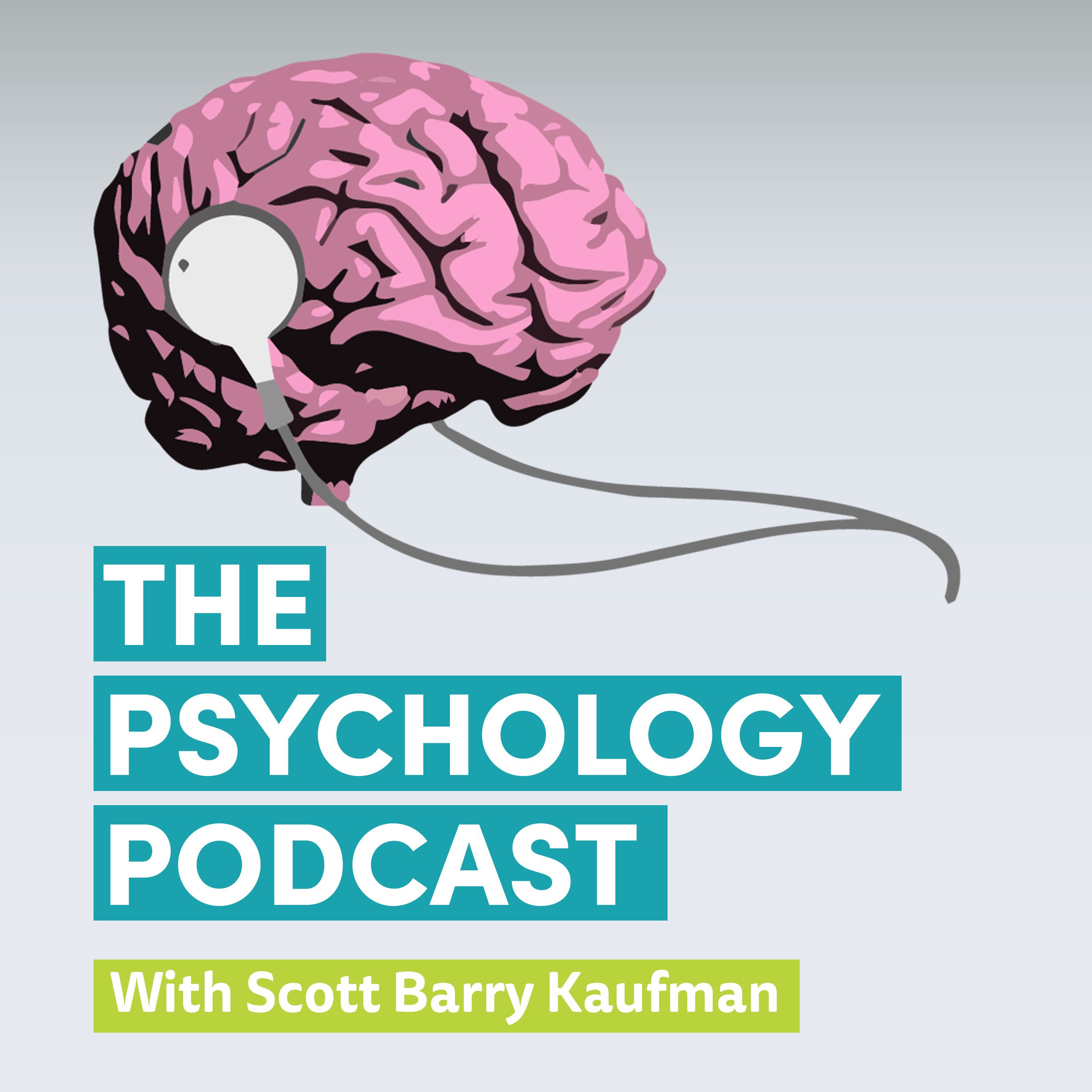
Dan Pink || Motivation, Selling, and Perfect Timing
Today we have Dan Pink on the podcast. Pink is the author of six provocative best-selling books— including his newest: When: The Scientific Secrets of Perfect Timing. His other books include A Whole New Mind, Drive, and To Sell is Human. Pink’s books have won multiple awards and have been translated into 38 languages. In this episode we discuss the following topics: What is the best way to motivate people? The case for “metapay” among self-actualized people How purpose is a powerful motivator The “motivation continuum” The ways contingent rewards can go awry Is it possible to be "unhealthily autonomous"? The importance of “killing your darlings” Dark triad selling vs. cooperative selling The “identity civil war” and zero-sum thinking The new ABCs of communication The myth of the necessity of extraversion for sales success The importance of time management The best and worst times to do… When is the best time to have a mid-life crisis? Support this podcast: https://anchor.fm/the-psychology-podcast/supportSee omnystudio.com/listener for privacy information.
43:3925/10/2018
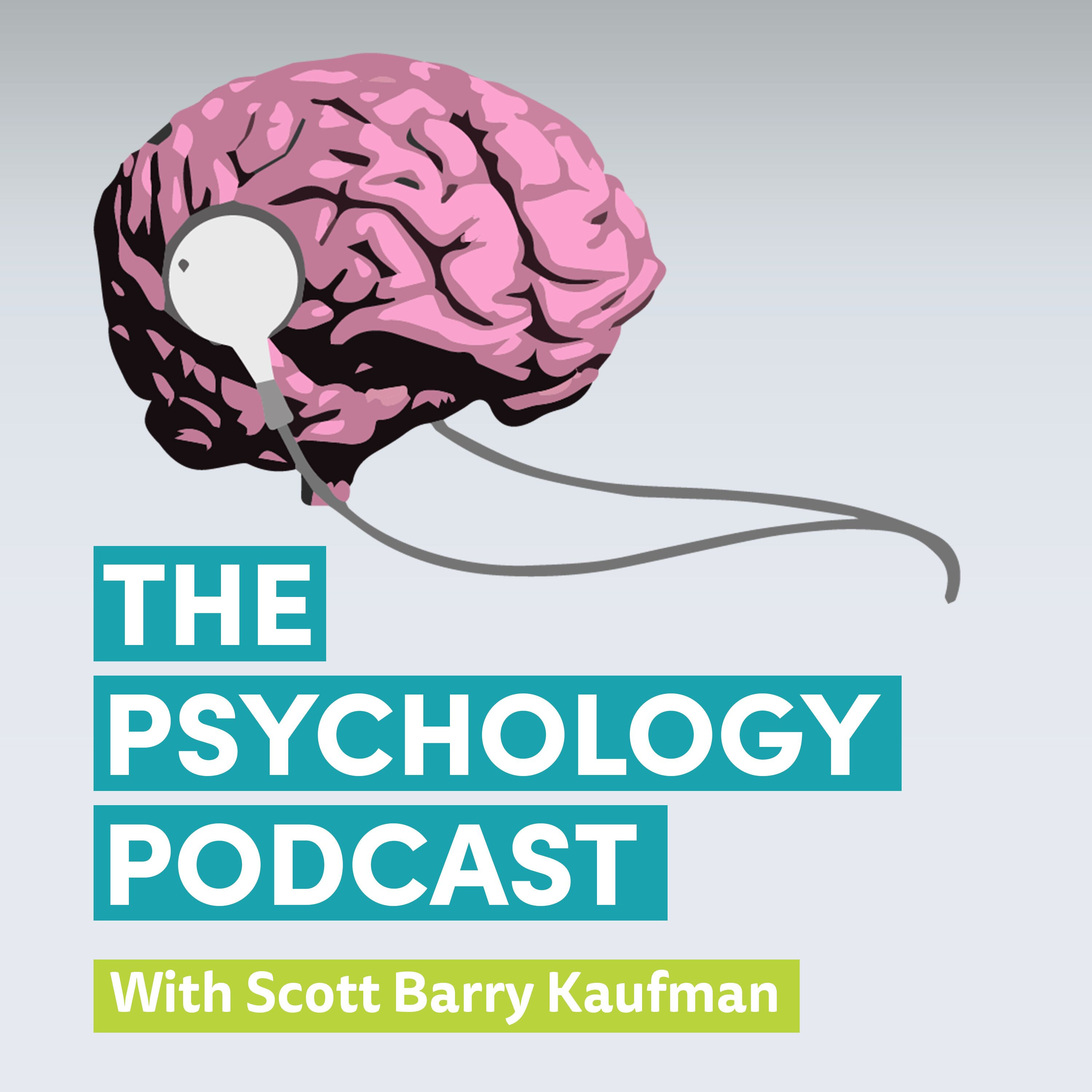
James Clear || How to Build Good Habits and Break Bad Ones
Today it’s a great delight to have James Clear on the podcast. Clear’s website, jamesclear.com, receives millions of visitors each month, and hundreds of thousands subscribe to his email newsletter. His work has appeared in the New York Times, Time, and Entrepreneur, and on CBS This Morning, and is taught in colleges around the world. Clear is the creator of The Habits Academy, the premier training platform for organizations and individuals that are interested in building better habits in life and work. His latest book is called “Atomic Habits: An Easy & Proven Way to Build Good Habits & Break Bad Ones”. - How the mind is a “suggestion engine” - How James has grown since his last appearance on The Psychology Podcast - The importance of “dichotomy transcendence” - The importance of choosing the best environment for your genes - How was easily fall into “frictionless” habits - How environment design plays a crucial role in habit change - The four laws of behavior change - The multiple levels of behavior change - The link between identity and habit change - The importance of small habits - Why we should stop focusing on goals and focus on systems instead - Why it’s easier to build a new habit in a new environment - How to go from good to great Support this podcast: https://anchor.fm/the-psychology-podcast/supportSee omnystudio.com/listener for privacy information.
48:4818/10/2018
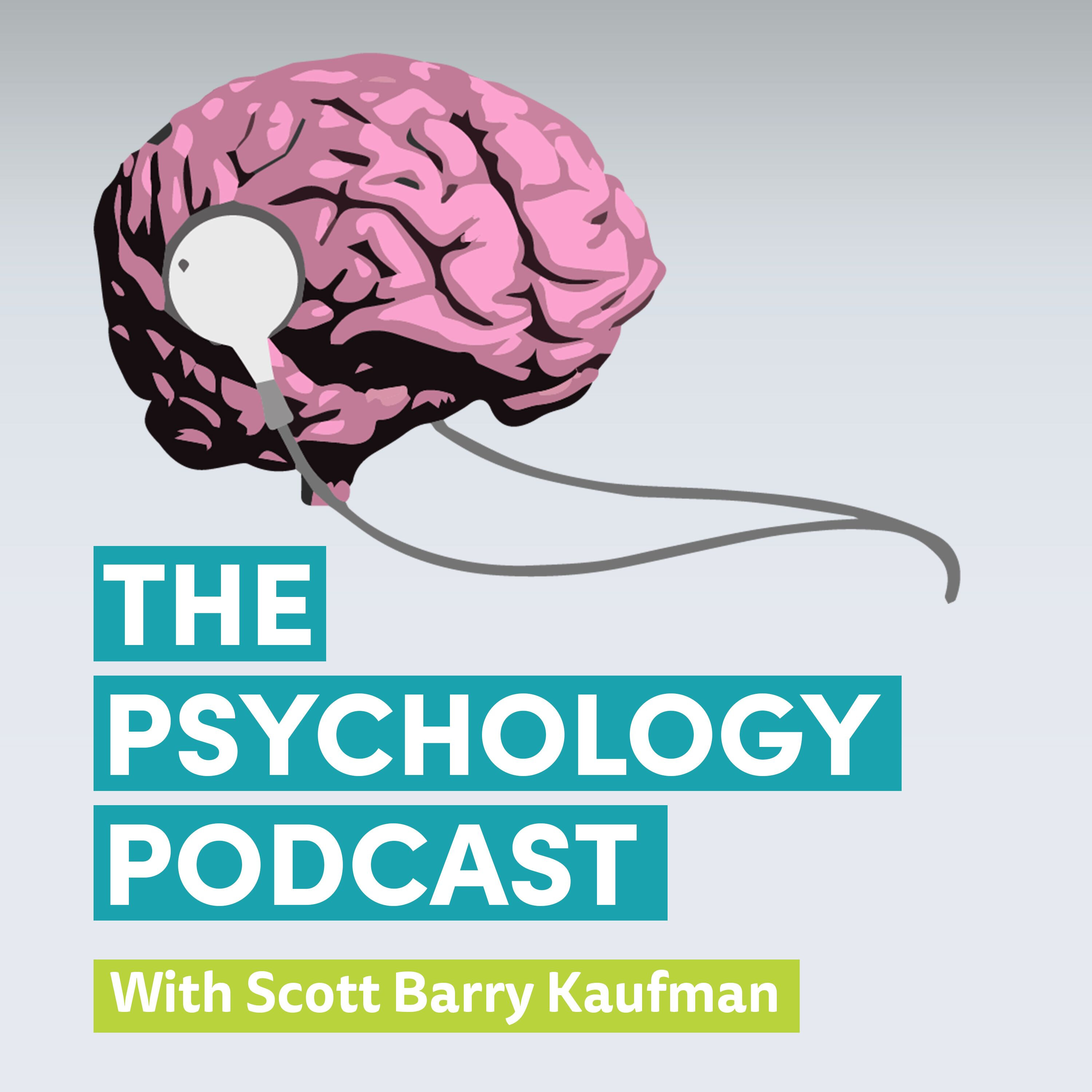
Robert Plomin || How DNA Makes Us Who We Are
Today it’s a great honor to have Dr. Robert Plomin on the podcast. Dr. Plomin is Professor of Behavioural Genetics at the Institute of Psychiatry, Psychology, and Neuroscience at King's College London. He previously held positions at the University of Colorado Boulder and Pennsylvania State University. He was elected a Fellow of the Academy of Medical Sciences and of the British Academy for his twin studies and his groundbreaking work in behavioral genetics. He is the author or coauthor of many books, including G is for Genes: The Impact of Genetics on Education and Achievement (with Kathryn Asbury), and most recently, BluePrint: How DNA Makes Us Who We Are. In this wide-ranging conversation, we discuss the following topics: How Robert became interested in genetics The importance of going “with the grain” of your nature Robert’s twin studies methodology How genotypes become phenotypes How kids select their environments in ways that correlate with their genetic inclinations The genetic influence on television viewing How virtually everything is moderately heritable The effects of extreme trauma on the brain The developmental trajectory of heritability How the abnormal is normal How we could use polygenic information to inform educational interventions The potential for misuse of genetic information to select children for particular educational tracks Recent research on shared environmental influences on educational achievement The “nature of nurture” The variability of heritability across different cultures and levels of SES The role of education on intelligence How teachers can and cannot make a difference The genetics of social class mobility Free will and how we can change our destiny Further Reading Fifty years of twin studies: A meta-analysis of the heritability of human traits The nature of nurture: effects of parental genotypes Variat Support this podcast: https://anchor.fm/the-psychology-podcast/supportSee omnystudio.com/listener for privacy information.
01:48:4611/10/2018
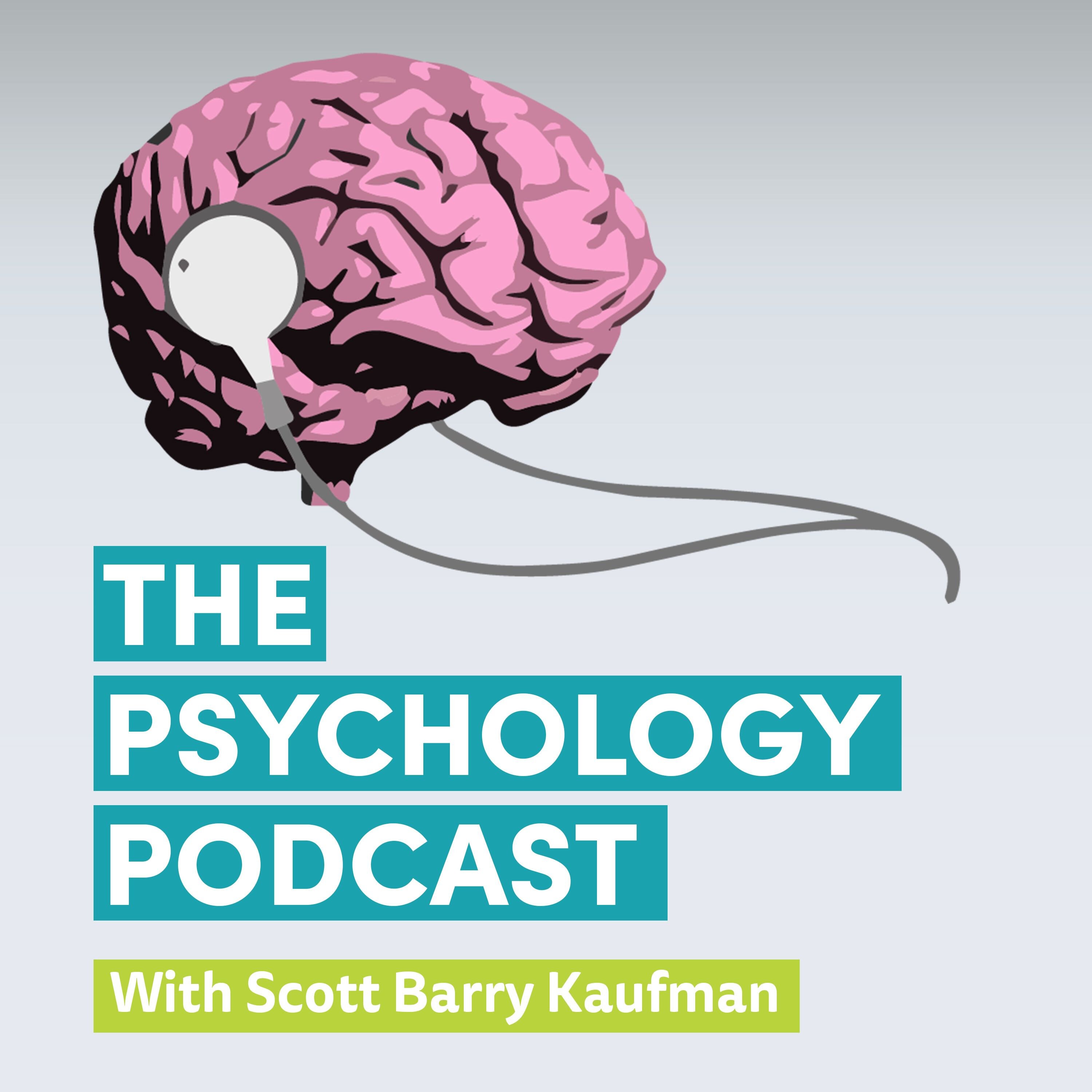
Justin Lehmiller || The Science of Sexual Fantasies
Today we have Dr. Justin Lehmiller on the podcast. Dr. Lehmiller is a Research Fellow at The Kinsey Institute and author of the book Tell Me What you Want: The Science of Sexual Desire and How It Can Help You Improve Your Sex Life. Lehmiller is an award winning educator, having been honored three times with the Certificate of Teaching Excellence from Harvard University, where he taught for several years. He is also a prolific researcher and scholar who has published more than 40 pieces of academic writing to date, including a textbook entitled The Psychology of Human Sexuality. On this episode we cover a wide range of provocative and fascinating findings from the largest survey on sexual fantasies of all time. Topics include: The most common sexual fantasies among humans The most taboo sexual fantasy category Fantasy vs. desire Reducing shame for the content of one’s sexual fantasies The relationship between the fantasy-prone personality and sexual fantasies The importance of sexual self-actualization for well-being The benefits of open communication of our fantasies with our partners Sexual orientation vs. sexual flexibility The truth behind widely held stereotypes about BDSM Gender differences in sexual fantasies What your sexual fantasies say about you The sexiest superhero OCD and gender bending Does size really matter? Which fantasy is the least likely to work out when it’s actually acted out? How can more people turn their fantasies into reality in a healthy way? How can we break the barriers in society that prevent us from properly communicating our sexual desires? Support this podcast: https://anchor.fm/the-psychology-podcast/supportSee omnystudio.com/listener for privacy information.
46:2504/10/2018

Michael Shermer and Philip Goff || Solving the Mysteries of Consciousness, Free Will, and God
Today we have Michael Shermer and Philip Goff on the podcast. Michael is the founding publisher of Skeptic magazine, a monthly columnist for Scientific American, and a Presidential Fellow at Chapman University where he teaches Skepticism 101. He is the author of New York Times bestsellers Why People Believe Weird Things, The Believing Brain, and Heavens on Earth: The Scientific Search for the Afterlife, Immortality & Utopia. Goff is an associate professor in philosophy at Central European University in Budapest. His main research focus is trying to explain how the brain produces consciousness. His first book, which was published by Oxford University Press, is called Consciousness and Fundamental Reality. Goff is currently working on a book on consciousness aimed at a general audience. In this episode we cover the following topics: Is reasoning the ultimate route to truth? What if human rational faculties can’t comprehend the ultimates realities of existence? Will the hard problem of consciousness ever be solved? Panpsychism as a scientific alternative for explaining consciousness The latest neuroscience of consciousness and its implications for understanding the hard problem of consciousness The insights that can be gleaned through understanding subjective experience Will we ever discover if free will exists? To what extent can our understanding of cognitive neuroscience and genetics can elucidate the extent of our free will? The possibility for “free won’t” Can science ever solve the mystery of the existence of God? How can the science of consciousness, free-will, and God help alleviate fundamental existential concerns of humanity? Support this podcast: https://anchor.fm/the-psychology-podcast/supportSee omnystudio.com/listener for privacy information.
01:05:0820/09/2018
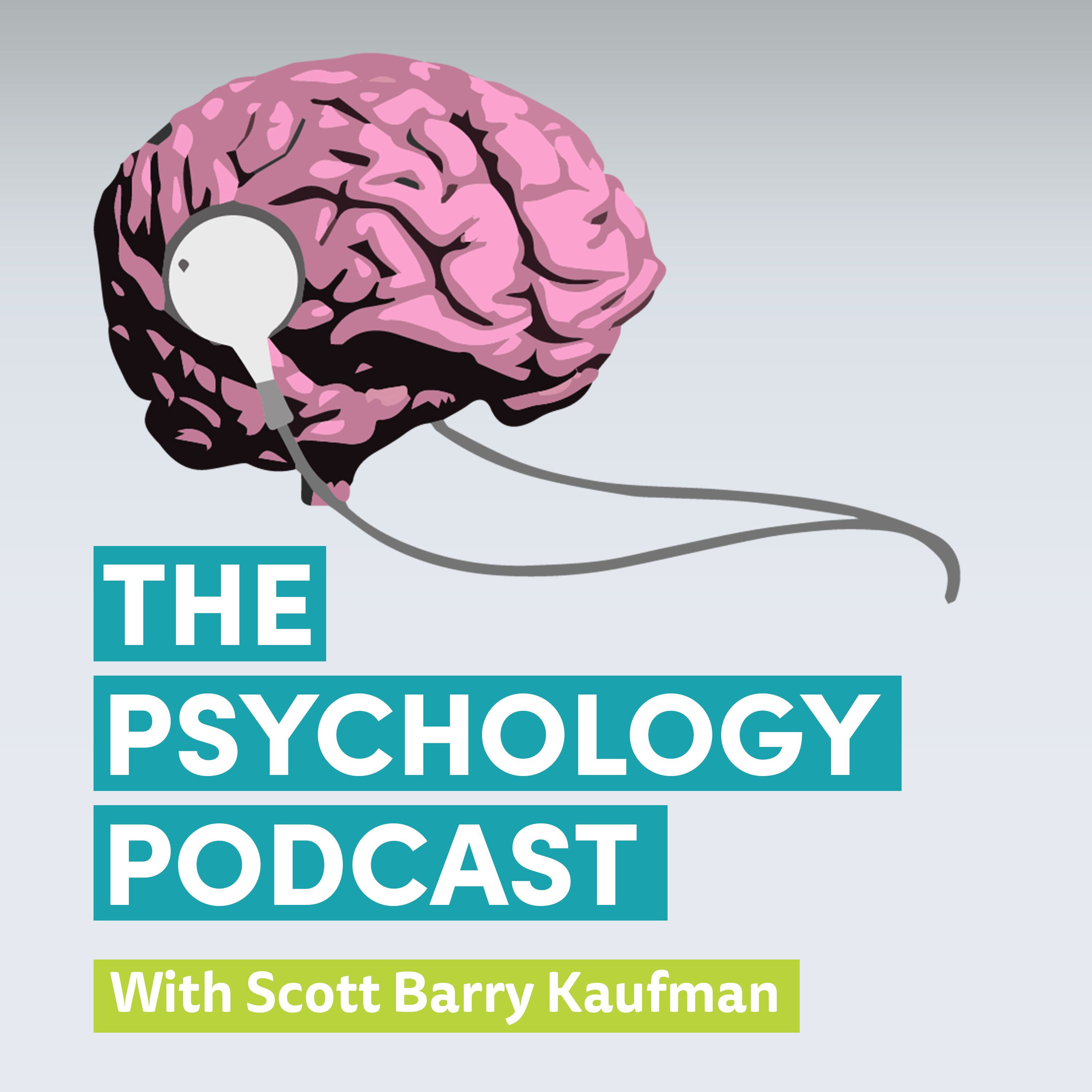
Sara Algoe || Positive Relationships
Today I’m delighted to have Sara Algoe on the podcast. Dr. Algoe is associate professor of social psychology at the University of Virginia. Her expertise spans emotions, relationships, and health psychology. Her basic research questions illuminate the social interactions that are at the heart of high-quality relationships. These include giving to others, expressing gratitude, and sharing laughter. In this episode we discuss: The main components of “positive interpersonal processes” The effect of gratitude on the other person in relationships The importance of context in positive psychology How positive and negative emotions can co-exist simultaneously The “find, remind, and bind” theory of gratitude The importance of gratitude in everyday life “Meta” positive emotions The essentials vs. luxuries of well-being The validity of gratitude interventions “Gratitude burnout” Appreciation vs. gratitude The need for evil to define the light Support this podcast: https://anchor.fm/the-psychology-podcast/supportSee omnystudio.com/listener for privacy information.
46:4113/09/2018

Jonathan Haidt || The Coddling of the American Mind
“There are two ideas about safe spaces. One is a very good idea, and one is a terrible idea. The idea of being physically safe on a campus, not being subjected to sexual harassment and physical abuse, or being targeted for something specifically for some sort of hate speech… I’m perfectly fine with that. But there’s another that is now ascendent, which I just think is a horrible view, which is ‘I need to be safe ideologically, I need to be safe emotionally, I just need to feel good all the time. And if someone says something that I don’t like, that is a problem for everyone else, including the administration.’ I think that is a terrible idea for the following reason: I don’t want you to be safe ideologically. I don’t want you to be safe emotionally. I want you to be strong. That’s different. I’m not going to pave the jungle for you. Put on some boots, and learn how to deal with adversity. I’m not going to take all the weights out of the gym. That’s the whole point of the gym. This is the gym.” — Anthony Van Jones Today we have Jonathan Haidt on the podcast. Dr. Haidt is a social psychologist at New York University’s Stern School of Business. Dr. Haidt’s research examines the intuitive foundations of morality, and how morality varies across cultures— including the cultures of American progressive, conservatives, and libertarians. Haidt is the author of The Happiness Hypothesis, and of The New York Times bestseller The Righteous Mind: Why Good People are Divided by Politics and Religion. His third book, co-authored with Greg Lukianoff, is called The Coddling of the American Mind: How Good Intentions and Bad Ideas are Setting up a Generation for Failure. In this episode we discuss: “The tumultuous years” on college campuses from 2015-2017 Wisdom and its opposite The three great untruths The main aims of Heterodox Academy The importance of exposing students to opposing views on campus The detrimental effects of moral amplification How moral foundations theory helps explain political divides The common humanity of liberals and conservatives The psychological function of having a common enemy How social media amplifies tribalism The rise of antifragility The net effect of “callout culture” The importance of play in early childhood The importance of cognitive behavioral therapy and sharpening your intuitions The importance of both racial/ethnic minority diversity and viewpoint diversity How to help young people flourish in college Links Heterodox Academy Wisdom as a classical source of human strength: Conceptualization and empirical inquiry https://anchor.fm/the-psychology-podcast/supportSee omnystudio.com/listener for privacy information.
49:4906/09/2018
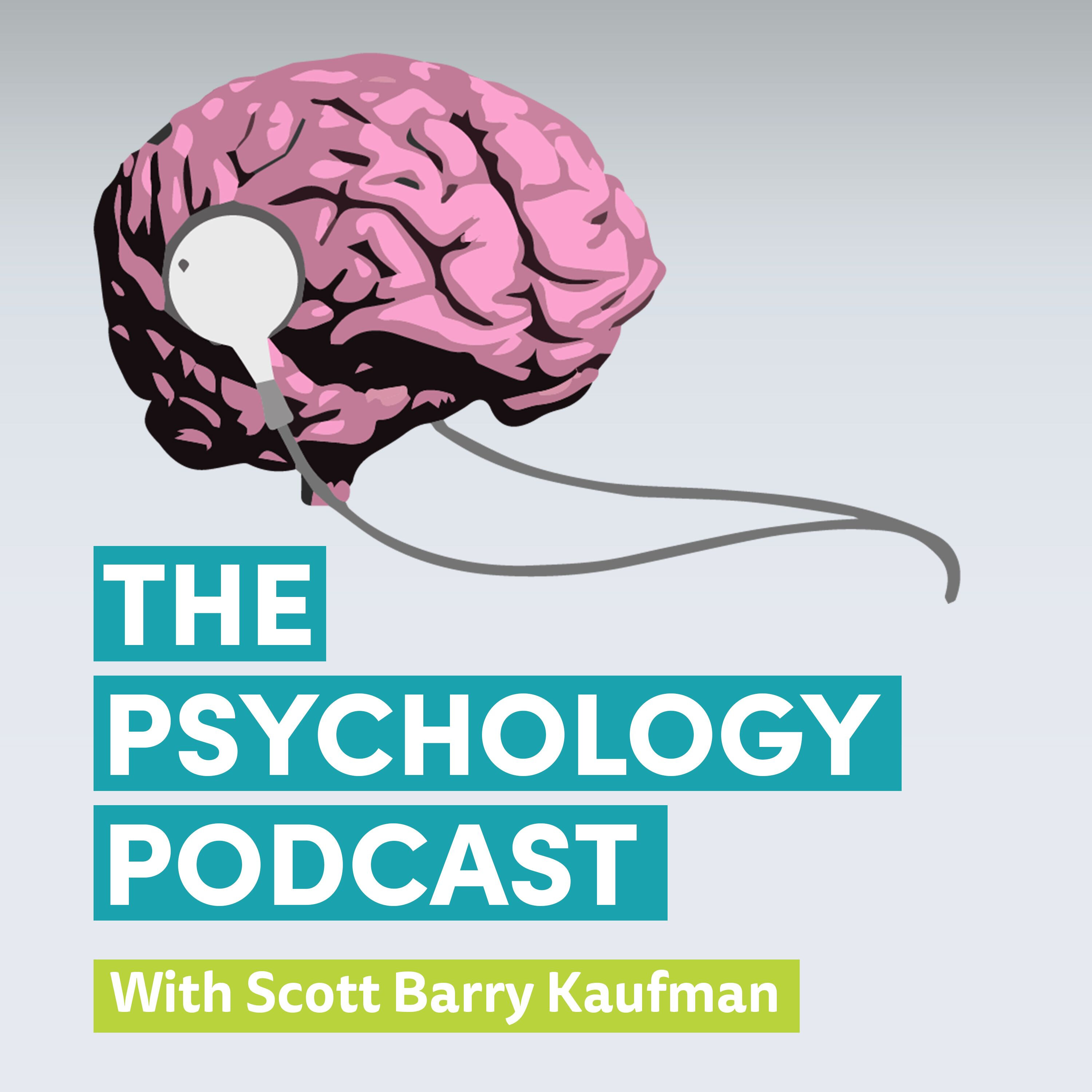
Carl Zimmer || The New Science of Heredity
Today we have Carl Zimmer on the podcast. Zimmer reports from the frontiers of biology, where scientists are expanding our understanding of life. Since 2004 he was written about science for the New York Times, where his column “Matter” has appeared weekly since 2013. Zimmer has won many awards for his work, including the Stephen Jay Gould Prize, awarded by the Society for the Study of Evolution to recognize individuals whose sustained efforts have advanced public understanding of evolutionary science. Zimmer is the author of thirteen books about science. His latest book is She Has Her Mother’s Laugh: The Power, Perversions, and Potential of Heredity. In this episode, we discuss: - The difference between genetics and heredity - The perils and promises of gene-editing technologies - The potential for unethical application of emerging genetics findings - The potential for misuse of the genetics of intelligence in education - The potential perils of genetically modified mosquitoes - The potential perils of genetically modified crops - The quirky nature of epigenetics - The existence of “human chimeras” - The limitations of DNA testing Support this podcast: https://anchor.fm/the-psychology-podcast/supportSee omnystudio.com/listener for privacy information.
39:3623/08/2018

James Flynn || Nature, Nurture, and Human Autonomy
"When you turn your back on reality you lose the ability to manipulate reality. One would think that is self-evident. I didn't go into this to not try to find the truth." -- James Flynn* Today it is an honor to have Dr. James Flynn on the podcast. Dr. Flynn is Professor Emeritus at the University of Otago and recipient of the University’s Gold Medal for Distinguished Career Research. In 2007, the International Society for Intelligence Research named him its Distinguished Contributor. His TED talk on cognitive and moral progress has received over 3.5 million visits. His long list of books include Are We Getting Smarter?, What is Intelligence?, Where Have All the Liberals Gone?, Fate and Philosophy, How to Improve Your Mind, and most recently, <a href="https://www.amazon.com/Does-your-Family-Make-Smar Support this podcast: <a href=">https://anchor.fm/the-psychology-podcast/supportSee omnystudio.com/listener for privacy information.
55:3916/08/2018

Michael Steger || Meaning, Purpose, and Significance
Today we have Michael Steger on the podcast. Dr. Steger is a Professor of Psychology, and the Founding Director of the Center for Meaning and Purpose at Colorado State University. He studies the link between meaning in life and well-being, as well as the psychological predictors of physical health and health-risk behaviors, and the facilitators and benefits of engaging in meaningful work. In this episode we discuss the following topics: - The definition of meaning in life - The measurement of meaning - The dark triad and meaning - “The Hitler Problem” - Life satisfaction vs. meaning in life - Different forms of pleasure - The possibility for “meaning exhaustion” - Meaningful work - The difference between coherence, purpose, and significance - Different meanings of purpose - The strongest sources of meaning in life Support this podcast: https://anchor.fm/the-psychology-podcast/supportSee omnystudio.com/listener for privacy information.
01:21:4302/08/2018

Bradley Campbell || The Rise of Victimhood Culture
Today we have Bradley Campbell on the podcast. Dr. Campbell is a sociologist interested in moral conflict— clashes of right and wrong and how they are handled. Most of his work examines genocide, which normally arises from large-scale interethnic conflicts. Recently he has also begun to examine the much smaller-scale conflicts on modern college campuses. His latest book, co-authored with Jason Manning is called “The Rise of Victimhood Culture: Microaggressions, Safe Spaces, and the New Culture Wars.” The clash between victimhood and dignity culture The sociology of genocide and conflict The difference between honor culture, dignity culture, and victimhood culture Victimhood as a form of status Microaggressions on campus Anti-PC culture vs. victimhood culture Distinguishing real victimhood from victimhood culture Conservative victimhood vs. liberal victimhood Those who embrace offensiveness Healthy Activism: vs. Psychopathological activism The main goals of the Heterodox Academy The need for more generosity and forgiveness among differing viewpoints, cultures, and neurodiverse individuals Support this podcast: https://anchor.fm/the-psychology-podcast/supportSee omnystudio.com/listener for privacy information.
50:3326/07/2018
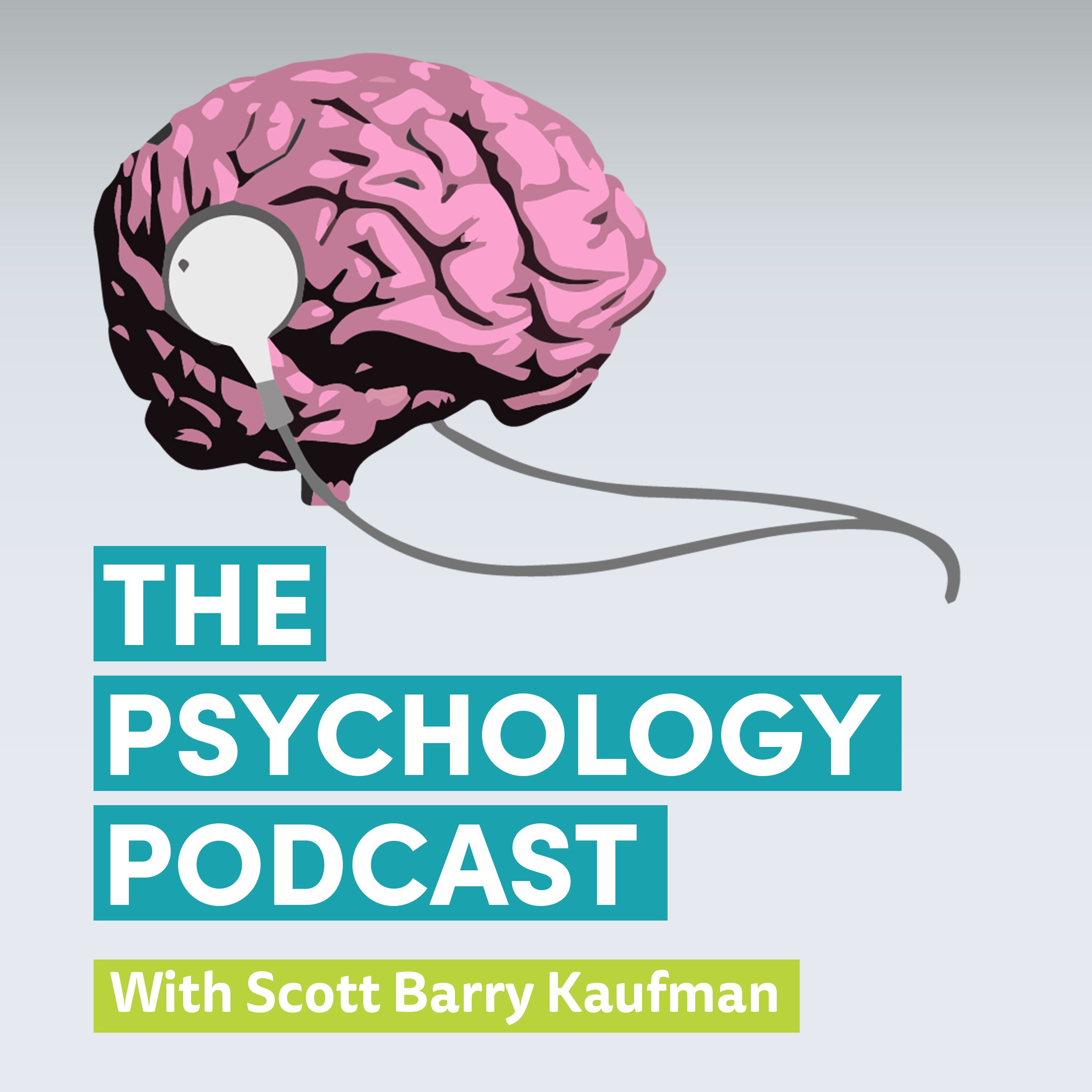
Amy Alkon || How to Live with Guts and Confidence
Today it’s great to have Amy Alkon on the podcast. Amy Alkon is a “transdisciplinary applied scientist”, who synthesizes research findings from various areas, translates the findings into understandable language, and then creates practical advice based on the latest science. Alkon writes The Science Advice Goddess, an award-winning, syndicated column that runs in newspapers across the United States and Canada. She is also the author of Good Manners for Nice People Who Sometimes Say F*ck and I See Rude People. She has been on Good Morning America, The Today Show, NPR, CNN, MTV, and does a weekly science podcast. She has written for Psychology Today, Los Angeles Times, Los Angeles Times Magazine, the New York Daily News, among others, and has given a TED talk. She is the President of the Applied Evolutionary Psychology Society, and she lives in Venice, California. Amy’s latest book is Unf*ckology: A Field Guide to Living With Guts and Confidence. In this episode you will learn: The importance of action for overcoming your fears How people-pleasing backfires How you can use fear as a tool for change How to “impersonate your way to being the real you” Why authenticity is overrated How to have a secure self-esteem How to reduce shame How Amy asked for feedback while she was dating How to have the courage to say “no” Why it’s better to have systems than goals “The importance of “small wins” Why dating is a numbers game How to feel more empowered in your life Support this podcast: https://anchor.fm/the-psychology-podcast/supportSee omnystudio.com/listener for privacy information.
46:1212/07/2018
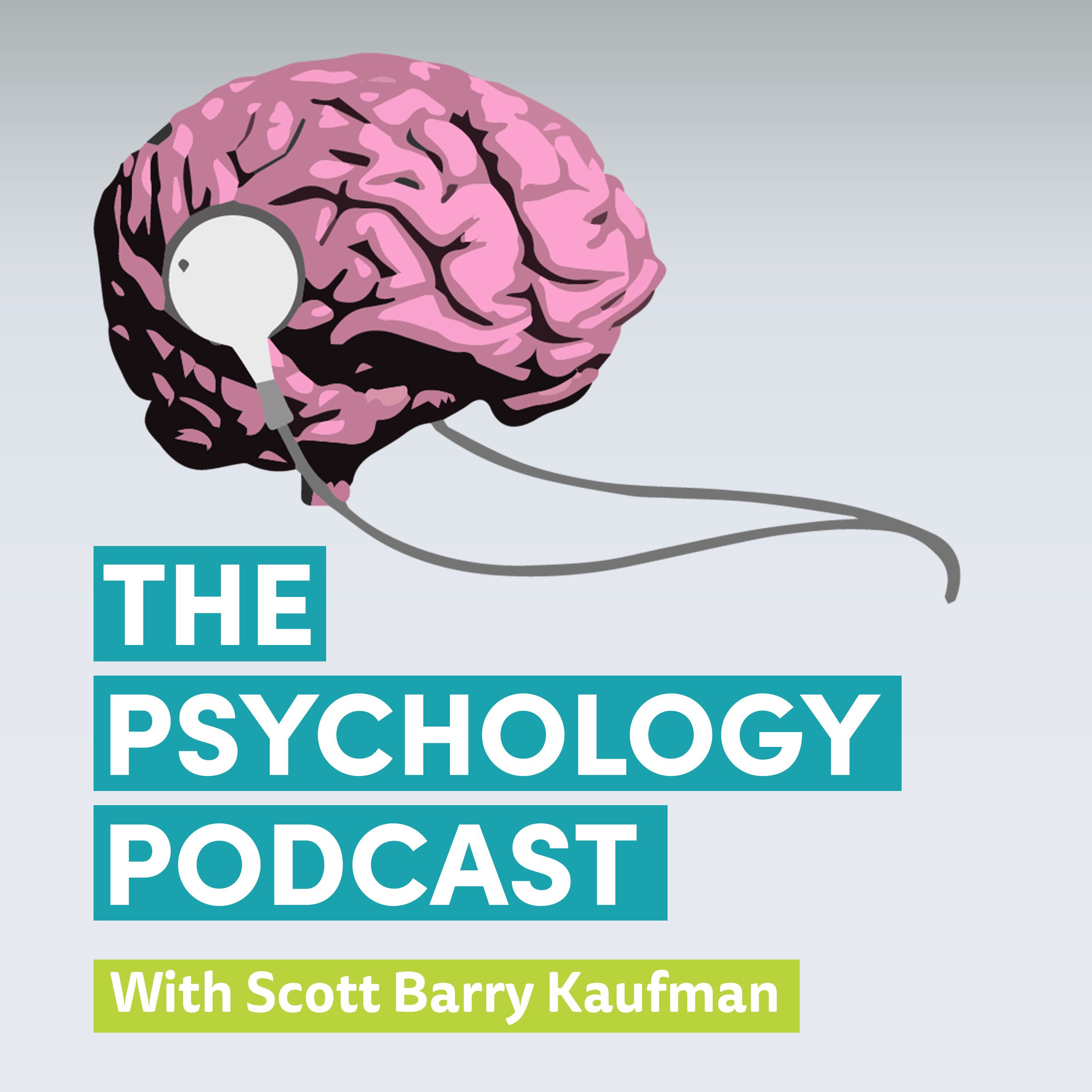
Steven Pinker || Humanism, Enlightenment and Progress
Today it’s a great honor to have Steven Pinker on the podcast. Dr. Pinker is an experimental psychologist who conducts research in visual cognition, psycholinguistics, and social relations. He grew up in Montreal and earned his BA from McGill and his PhD from Harvard. Currently Johnstone Professor of Psychology at Harvard, Pinker has also taught at Stanford and MIT. He has won numerous prizes for his research, his teaching, and his ten books, including The Language Instinct, How the Mind Works, The Blank Slate, The Better Angels of Our Nature, The Sense of Style, and most recently, Enlightenment Now: The Case for Reason, Science, Humanism, and Progress. Pinker is an elected member of the National Academy of Sciences, a two-time Pulitzer Prize finalist, a Humanist of the Year, a recipient of nine honorary doctorates, and one of Foreign Policy’s “World’s Top 100 Public Intellectuals” and Time’s “100 Most Influential People in the World Today.” He is Chair of the Usage Panel of the American Heritage Dictionary, and writes frequently for The New York Times, The Guardian, and other publications. In this episode we discuss the following topics: The main thread that runs through all of Pinker’s work Does reducing economic inequality increase happiness? Does increased autonomy lead to increased happiness? How humanism is compatible with spirituality Why we should not confuse evolutionary adaptation (in Darwin’s sense) with human worth The difference between the ultimate and proximal levels of analysis Why Evolutionary Psychology is often so misunderstood Why human nature isn’t necessarily conductive to human flourishing How the laws of the universe don’t care about you Why do intellectuals hate progress so much? What are some indicators of human progress? Why should people care about human progress over the course of history? The myth of the suicide and loneliness “epidemics” Why we enjoy and care more about food and children than oxygen Rates of sexual assault and mental health on campus The increasing divisiveness and irrationality of politics How the recent presidential election was a “carnival of irrationality” Humanistic ethics Can we have a good without a God? The possibility of the unification of knowledge across the arts, humanities, and sciences Toward a third culture Support this podcast: https://anchor.fm/the-psychology-podcast/supportSee omnystudio.com/listener for privacy information.
54:5805/07/2018

Katherine MacLean || Open Wide and Say Awe
“How can we use these peak experiences to help people create community that is healthy and to be better human beings?” -- Katherine MacLean Katherine MacLean, PhD is a research scientist, teacher and meditator. In her academic research (2004-2013) at UC Davis and Johns Hopkins University, she studied how psychedelics and mindfulness meditation can promote beneficial, long-lasting changes in personality, well-being and brain function. In the fall of 2015, she co-founded and began directing the Psychedelic Education & Continuing Care Program in New York (www.psychedelicprogram.com), where she has facilitated monthly integration groups for psychedelic users and training workshops for both clinicians and the public. She currently lives on an organic farm and is preparing to be a study therapist on the upcoming Phase 3 trial of MDMA for post-traumatic stress disorder. Learn more: katherinemaclean.org In this wide-ranging discussion, we cover the following topics: - What happened after Katherine “died” in 2012 - Discovery oriented research vs. practical research on psychedelics - Effects of psychedelics on “existential distress” - Potential benefits of psychedelics on end-of-life care and terminal cancer patients - Potential benefits of MDMA for PTSD - The existence of “enlightened assholes” - Skepticism about brain research on psychedelics - The role of the default network in "ego dissolution" - Misrepresentation of the default network in the psychedelic and meditation literatures - Benefits of psychedelics and meditation in combination - Psychedelics and openness to experience - From anxiety attack to “beauty attack” - The potential for healthy psychedelic integration and increased community Links "Open Wide and Saw Awe" | Katherine MacLean | TEDxOrcasIsland A Systematic Review of Personality Trait Change Through Intervention Psilocybin-occasioned mystical-type experience in combination with meditation and other spiritual practices produces enduring positive changes in psychological functioning and in trait measures of prosocial attitudes and behaviors Support this podcast: https://anchor.fm/the-psychology-podcast/supportSee omnystudio.com/listener for privacy information.
55:2021/06/2018
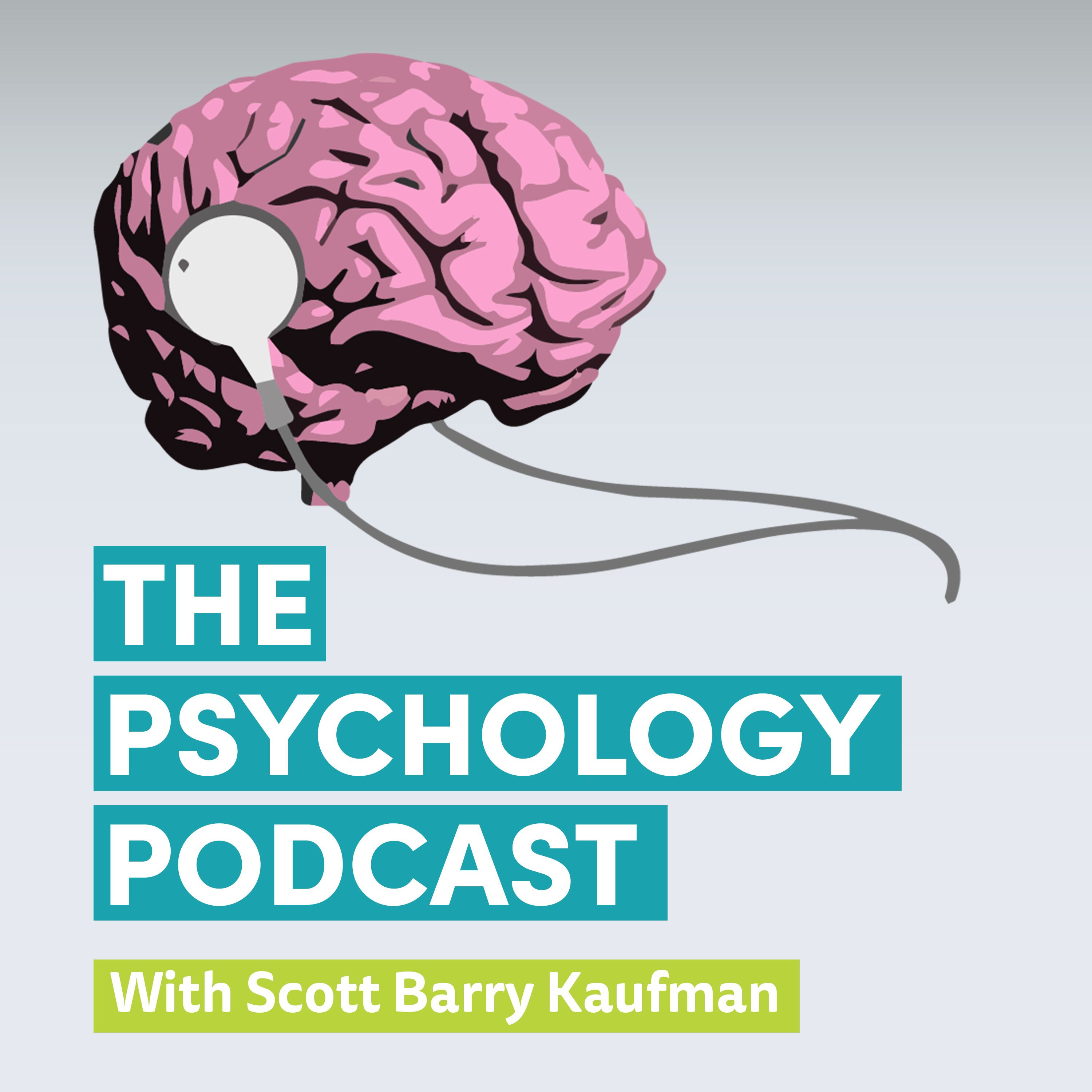
Ellen Hendriksen || How To Be Yourself
Today we have Dr. Ellen Hendriksen on the podcast. Dr. Hendriksen is a clinical psychologist who helps millions calm their anxiety and be there authentic selves through her award-winning Savvy Psychologist podcast, which has been downloaded over 5 million times, and at Boston University’s Center for Anxiety and Related Disorders. Her latest book is called “How to Be Yourself: Quiet Your Inner Critic and Rise Above Social Anxiety.” What is your real self? What is social anxiety? What is the opposite of social anxiety? What’s the goal of therapy to treat social anxiety? How to be comfortable when you are “caught being yourself” The importance of self-compassion The difference between introversion and social anxiety Techniques to overcome social anxiety The Orchid-Dandelion Hypothesis The relationship between the highly sensitive person and openness to experience The importance of going out and living your life first, and letting your confidence catch up The importance of turning attention “inside out” How perfectionism holds us back The importance of “daring to be average” The myth of “hope in a bottle” Gender differences in the manifestation of social anxiety Thanks!! Support this podcast: https://anchor.fm/the-psychology-podcast/supportSee omnystudio.com/listener for privacy information.
34:0207/06/2018
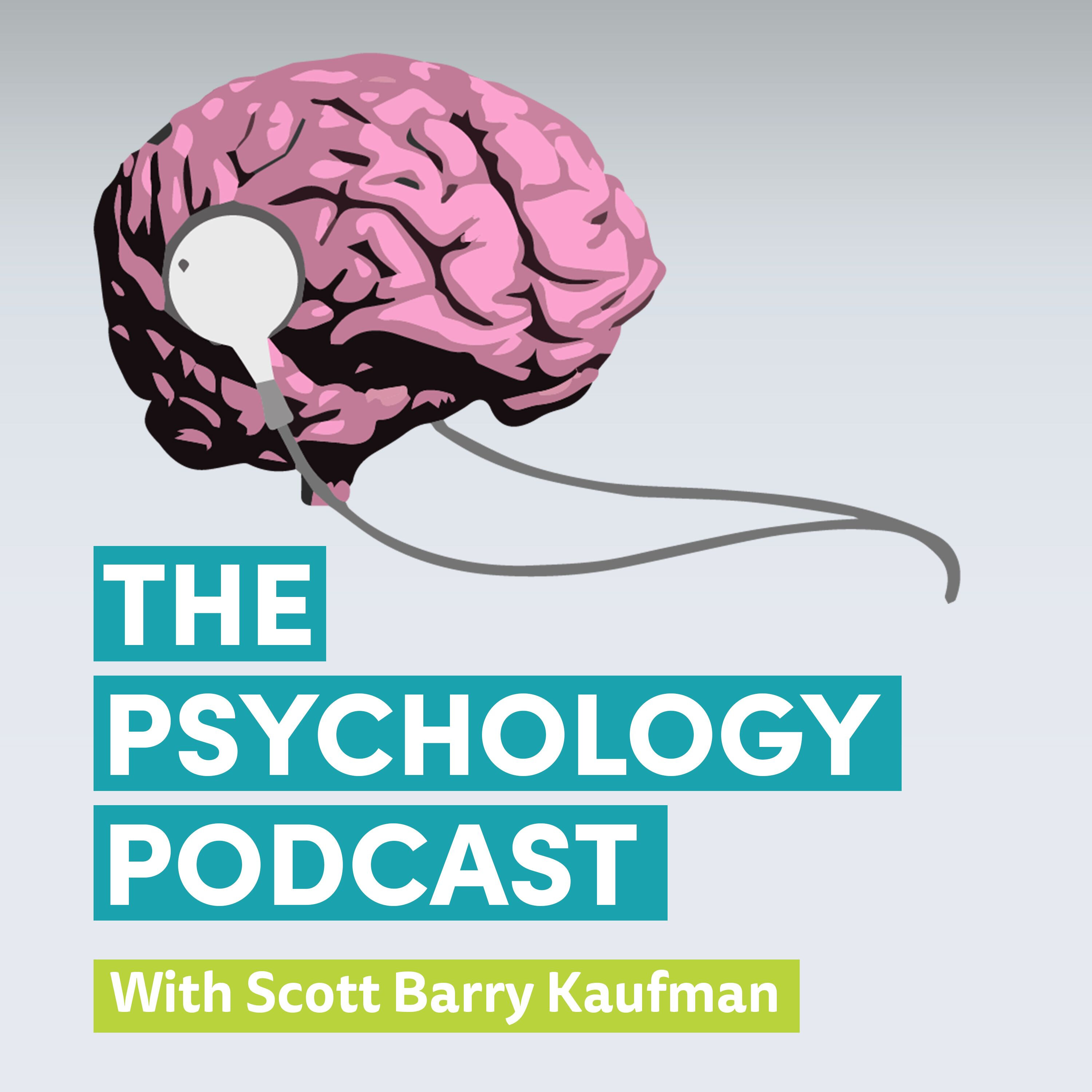
Amy Wrzesniewski || Finding Your Calling at Work
Today we have Dr. Amy Wrzesniewski on the podcast. Dr. Wrzesniewski is a professor of organizational behavior at the Yale School of Management. Her research focuses on how people make meaning of their work in difficult contexts, such as stigmatized occupations, virtual work, or absence of work, and the experience of work as a job, career, or calling. Her current research involves studying how employees shape their interactions and relationships with others in the workplace to change both their work identity and the meaning of the job. Topics incude: - The definition of meaning - The four main sources of meaning - Spirituality as a potential source of meaning at work - The way work allows us to transcend the self - The definition of calling - How to find your most meaningful calling - The importance of “self-resonance” - The difference between consequences and motives - What is job crafting and how can it help you increase your calling? - Is job crafting contagious? - The benefit of collective, team-level job crafting - The impact of virtual work on job crafting - How does meaning shape job transitions? - The effects of occupational regret on people’s lives Support this podcast: https://anchor.fm/the-psychology-podcast/supportSee omnystudio.com/listener for privacy information.
49:2724/05/2018
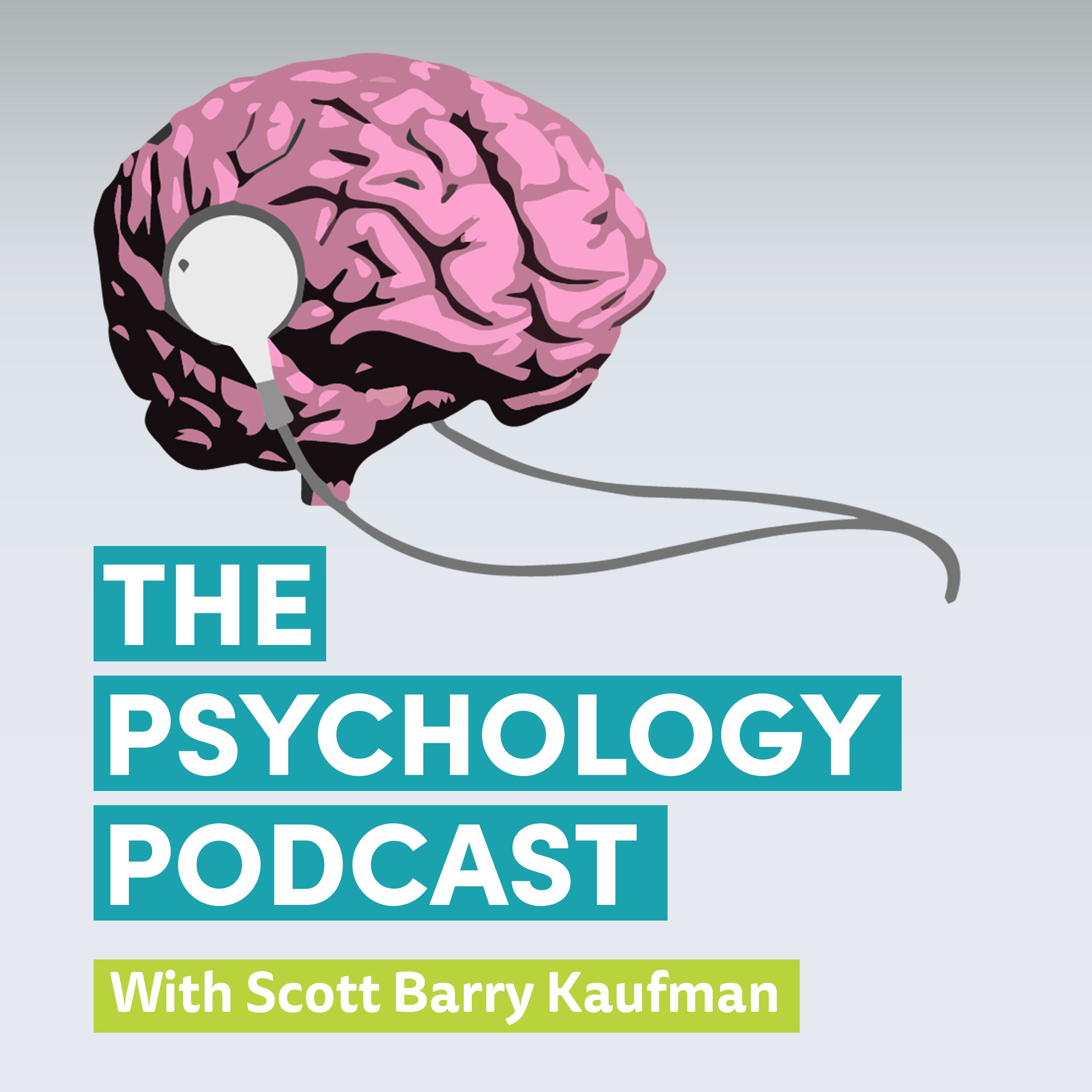
Alice Dreger || Fuzzy Categories
“Nature doesn’t care about our desire to have these clean political categories for legal purposes.” — Alice Dreger Today I’m really excited to have Dr. Alice Dreger on the podcast. Dr. Dreger is a historian, bioethicist, author, and former professor of clinical medical humanities and bioethics at the Feinberg School of Medicine, Northwestern University. Dreger is widely known for her academic work and activism in support of people at the edge of anatomy, such as conjoined twins and those with atypical sex characteristics. In her observations, it’s often a fuzzy line between “male” and “female”, among other anatomical distinctions. A key question guiding a lot of Dr. Dreger’s work (and which was the topic of her TEDx talk) is “Why do we let our anatomy determine our fate?” Dr. Dreger is the author of multiple books, including “One of Us: Conjoined Twins and the Future of Normal” and “Galieleo’s Middle Finger Heretics, Activists, and the Search for Justice in Science.” In this episode, we discuss a wide range of topics, including: How Dr. Dreger got involved in the “Intersex Rights Movement” in the mid-90s The difference between anatomy and gender identity The relationship between our bodies and our personal and social identities and the role of science and medicine in determining this relationship Who gets to tell your body what it means How the mind isn’t the only place where identity exists, and how our identities also exist in the minds of others The future of gender pronouns How we should treat those who do not fit traditional notions of sex, such as the fascinating cases of “androgen sensitivity syndrome” and “congenital adrenal hyperplasia” How we can see more value in variation in anatomy The need for a more reality-based government Why the phrase “identity politics” is distracting and only part of a larger problem The benefits and disadvantages of the “Intellectual Dark Web” The increasing difficulty of being able to tell what is true and what is false in the media Why we spend so much of our energy on tribal politics and avoid the real humanitarian problems in the world Why tribal life is so compelling The need to balance male and female ways of being What an “Intellectual Light Web” might look like Support this podcast: https://anchor.fm/the-psychology-podcast/supportSee omnystudio.com/listener for privacy information.
01:02:3817/05/2018
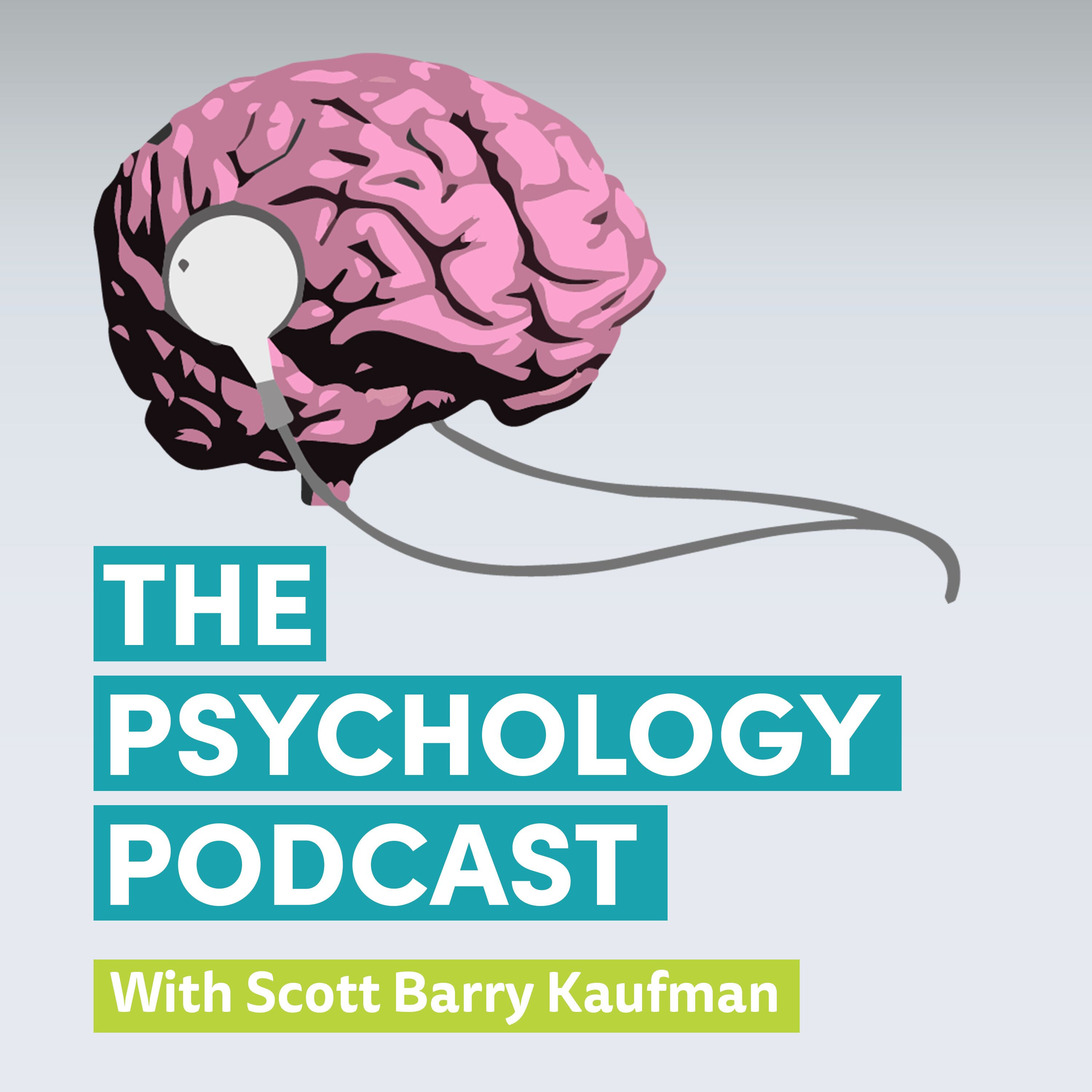
William Damon || The Path to Purpose
Today it’s an honor to have Dr. William Damon on the podcast. Dr. Damon is Director of the Stanford Center on Adolescence and Professor of Education at Stanford University. Damon’s current research explores how young people develop purpose in their civic, work, family, and community relationships. He examines how people learn to approach their vocational and civic lives with a focus on purpose, imagination, and high standards of excellence. Damon also has written widely about how to educate for moral and ethical understanding. Dr. Damon’s most recent books include The Power of Ideals, Failing Liberty 101, and The Path to Purpose: Helping Our Children Find Their Calling in Life. In this wide-ranging discussion, we cover the following topics: - The definition of purpose - The role of values in purpose - The difference between purpose and meaning - Vicktor Frankl’s “will to meaning” - How purpose is a late developing capacity - The difference between purpose and resiliency - The paths to purpose among young people - Methods for developing purpose - Moral commitment among moral exemplars - Purpose among leaders - The importance of taking "ultimate responsibility" in life - How we are leaving young people unprepared in a civic society Support this podcast: https://anchor.fm/the-psychology-podcast/supportSee omnystudio.com/listener for privacy information.
41:1510/05/2018

Kennon Sheldon || How to Be an Optimal Human
“The happiest person is the person doing good stuff for good reasons.” — Kennon Sheldon Dr. Kennon Sheldon is a psychologist at the University of Missouri who studies motivation, goals, and well-being, from both a self-determination theory and a positive psychology perspective. He has authored or co-authored multiple books, including “Optimal human being: An integrated multi-level perspective”. Dr. Sheldon has been cited more than 30,000 times, and in 2010, he was named one of the 20 most cited social psychologists. In this wide-ranging episode we discuss: How Ken went from aspiring musician to leading research on goals Whether the pursuit of happiness is worth it Is happiness in your genes? The link between goals and happiness The what and why of motivated goal pursuit The basic needs of self-determination theory Deprivation vs. growth needs Self-concordance theory The link between values and happiness How much can we use science as a guide to values? Are there some ways of being more conducive to happiness than others? How to get in touch with your OVP (organismic valuing process) Marrying positive psychology and humanistic psychology The relationship between personal goals and personal projects How to know when to change your goals The good life: well-being or well-doing? Support this podcast: https://anchor.fm/the-psychology-podcast/supportSee omnystudio.com/listener for privacy information.
01:02:0426/04/2018

Patricia Stokes || Creativity from Constraints
Today I’m delighted to speak with Patricia Stokes, an adjunct professor at Barnard College who studies problem solving and creativity/innovation. Stokes is author of the book Creativity from Constraints: The Psychology of Breakthrough, which was informed by her psychological research as well as her background in art and advertising. In this episode, we cover: – How Patricia went from art and advertising to creativity researcher – The importance of constraints and variability for creativity – How constraints can promote or preclude creativity – Using constraints to solve the “creativity problem” – How “the solution path defines the goal state” – The four major constraints on creativity – How teachers and parents should praise children for optimal creativity – How to reward the courage to be novel – The importance of constraints in fashion and literature – How to explain Lady Gaga’s creativity Support this podcast: https://anchor.fm/the-psychology-podcast/supportSee omnystudio.com/listener for privacy information.
32:1419/04/2018
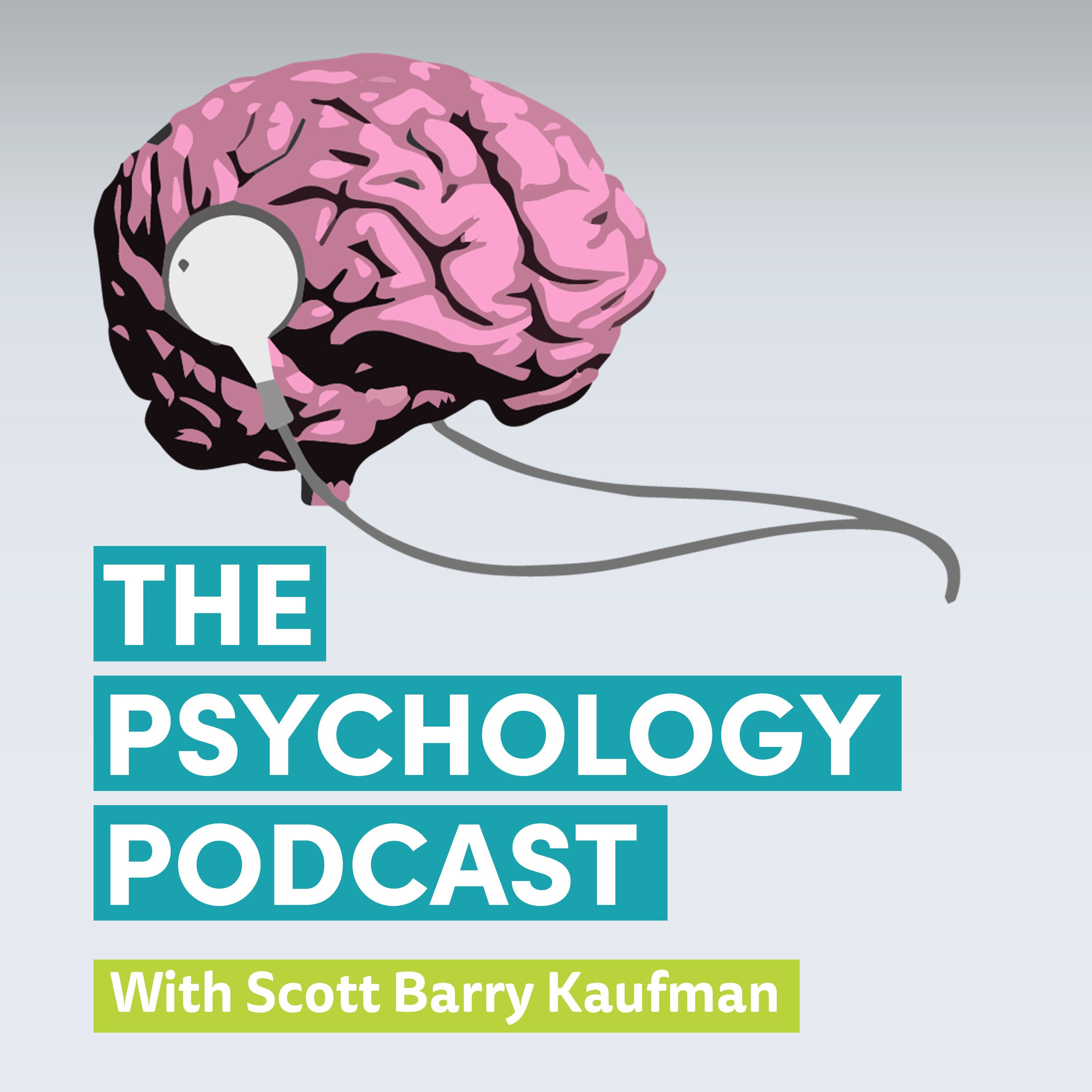
Robert Leahy || The Jealousy Cure
It’s great to have Dr. Robert Leahy on the podcast today. Dr. Leahy completed a Postdoctoral Fellowship in the Department of Psychiatry at the University of Pennsylvania Medical School under the direction of Dr. Aaron Beck, the founder of cognitive therapy. Dr. Leahy is the past president of the Association for Behavioral and Cognitive Therapies, past president of the International Association of Cognitive Psychotherapy, past president of the Academy of Cognitive Therapy, director of the American Institute for Cognitive Therapy (NYC), and a clinical professor of psychology in psychiatry at Weill-Cornell University Medical School. Dr. Leahy has received the Aaron T. Beck award for outstanding contributions in cognitive therapy, and he is author and editor of 25 books, including The Worry Cure, which received critical praise from the New York Times and has been selected by Self Magazine as one of the top eight self-help books of all time. His latest book is The Jealousy Cure: Learn to Trust, Overcome Possessiveness, and Save Your Relationship. Topics: Why Dr. Lahey wrote The Anxiety Cure The new science of jealousy How jealousy differs from envy Why jealousy evolved What is the downside of intense jealousy? Why we don’t want to get rid of jealousy Are men and women equally jealous? The relationship between attachment style and jealousy What if there really is a reason to be jealous? What are some practical techniques that people can use to cope with their jealousy? https://anchor.fm/the-psychology-podcast/supportSee omnystudio.com/listener for privacy information.
42:0212/04/2018
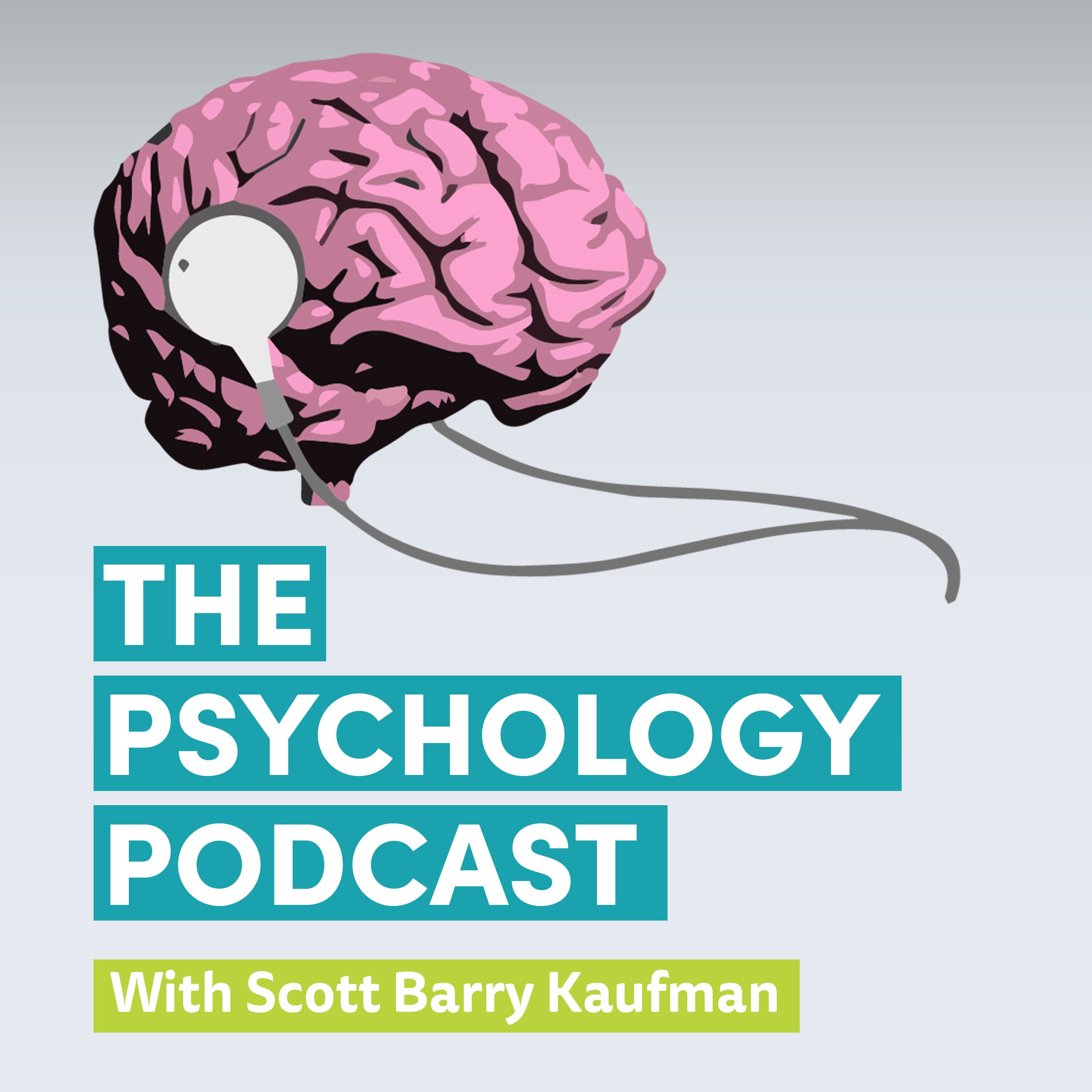
Colin DeYoung || Cybernetics and the Science of Personality
Today I’m really excited to have Colin DeYoung on the podcast. Dr. DeYoung is associate professor of psychology at the University of Minnesota. He specializes in personality psychology but is especially interested in personality neuroscience. Besides being a prolific academic and researcher, I am also honored to count him as a dear friend and collaborator. In this episode we discussed wide-range of topics relating to personality, including: The modern day personality hierarchy The “Big Two”: Stability and Plasticity How Carl Jung developed his theory of introversion The latest science of introversion The scientific validity of the Myers-Briggs Type Indicator (MBTI) Dopamine as the “neuromodulator of exploration” The two major dopamingeric pathways Why personality variation evolved The neuroscience of conscientiousness The link between compassion and imagination The neuroscience of anxiety The cybernetics of personality Rethinking psychopathology The effects of therapy on personality change Links Cybernetic Big Five Theory The neuromodulator of exploration: A unifying theory of the role of dopamine in personality Personality neuroscience and the biology of traits Opening up openness to experience: A four-factor model and relations to creative achievement in the arts and sciences The neuroscience of anxiety Support this podcast: https://anchor.fm/the-psychology-podcast/supportSee omnystudio.com/listener for privacy information.
01:13:1005/04/2018
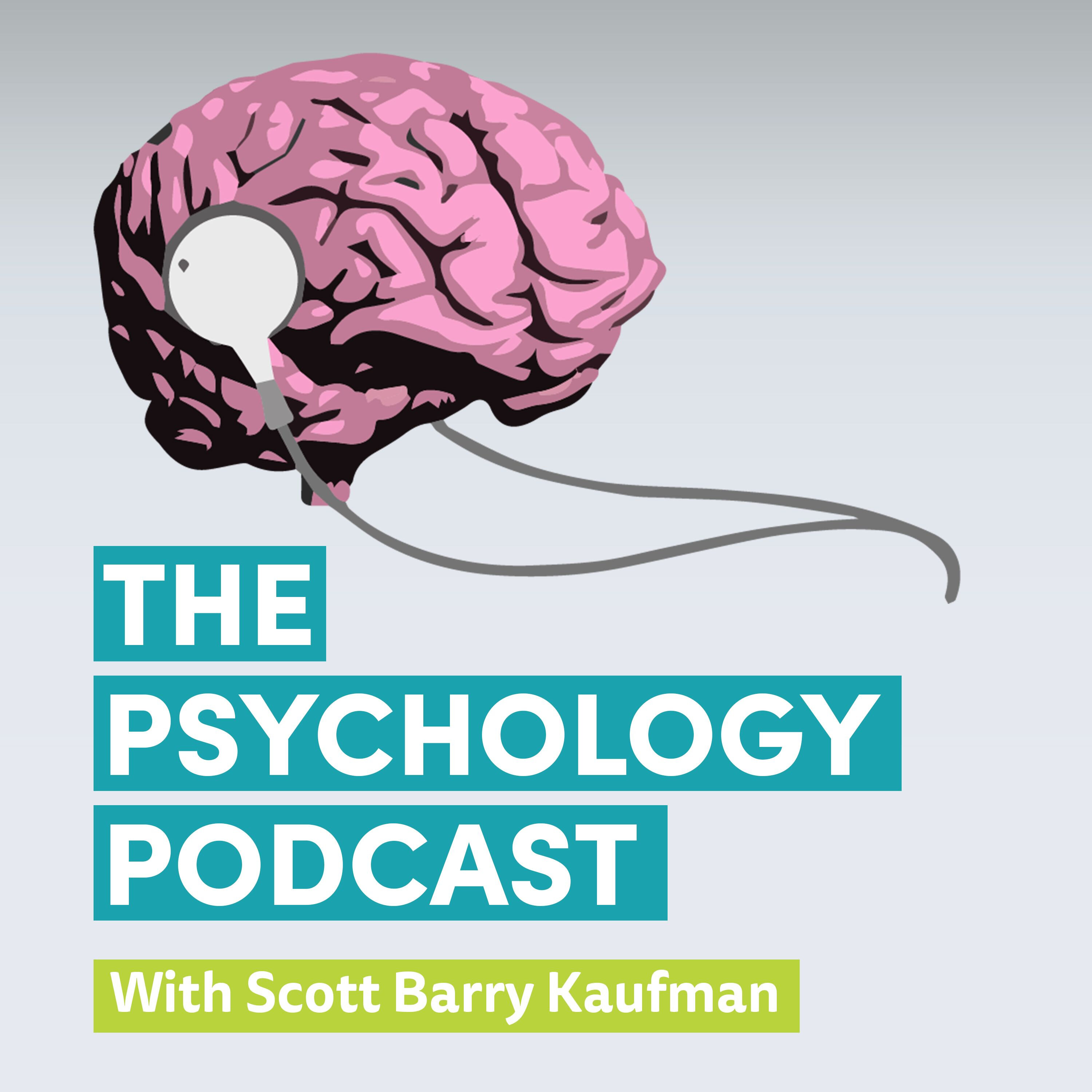
Jordan Peterson || Wonder, Creativity, and the Personality of Political Correctness
Today we have Dr. Jordan Peterson on the podcast. Dr. Peterson has taught mythology to lawyers, doctors and business people, consulted for the UN Secretary General, helped his clinical clients manage depression, obsessive-compulsive disorder, anxiety, and schizophrenia, served as an adviser to senior partners of major Canadian law firms, and lectured extensively in North America and Europe. With his students and colleagues at Harvard and the University of Toronto, Dr. Peterson has published over a hundred scientific papers. Dr. Peterson is also author of two books: Maps of Meaning: The Architecture of Belief and 12 Rules for Life: An Antidote to Chaos, which is a #1 bestseller. In this wide-ranging conversation we discuss the following topics: – Why “learned irrelevance” is incredibly important – Why creativity requires keeping a childlike wonder – How hallucinogens clear the “doors of perception” – The “shared vulnerability” model of the creativity-mental illness connection – The neuroscience of openness to experience – The personality of personal correctness – The practical implications of gender differences – The function of the state in helping to make sure there is equality of individual expression – How agreeableness and conscientiousness orient us differently in the social world – The difference between pathological altruism and genuine compassion – The link between pathological altruism and vulnerable narcissism – The difference between responsibility and culpability – How to help people take responsibility and make their lives better Links 12 Rules for Life: An Antidote to Chaos Jordan Peterson- What the State is For Jordan Peterson- Future Authoring Program Support this podcast: https://anchor.fm/the-psychology-podcast/supportSee omnystudio.com/listener for privacy information.
38:3829/03/2018

Max Lugavere || Genius Foods
Today I’m really excited to have Max Lugavere on the podcast. Max is a filmmaker, health and science journalist, and brain food expert. He is also the director of the upcoming film Bread Head, the first-ever documentary about dementia prevention through diet and lifestyle, and he is co-author, with Dr. Paul Grewal, of the just released book, Genius Foods. In this episode, we discuss the following: How he got into his line of work How Alzheimer’s may be prevented through diet The biomarkers of aging Polyunsaturated and monounsaturated fats How to understand research on diet and medicine Genius foods you can add to your diet right now His supplement regime The importance of gut health The Hygiene Hypothesis on the rise of autoimmune diseases The only fruits he recommends for a healthy diet Cholesterol—not bad after all? The emerging research on “psychobiotics” (treating psychological disorders with probiotics) Stress, sleep and exercise Metabolic health and the brain Links Follow Max on Twitter Get his book Genius Foods, which is out now For everything else Max does Support this podcast: https://anchor.fm/the-psychology-podcast/supportSee omnystudio.com/listener for privacy information.
44:1122/03/2018
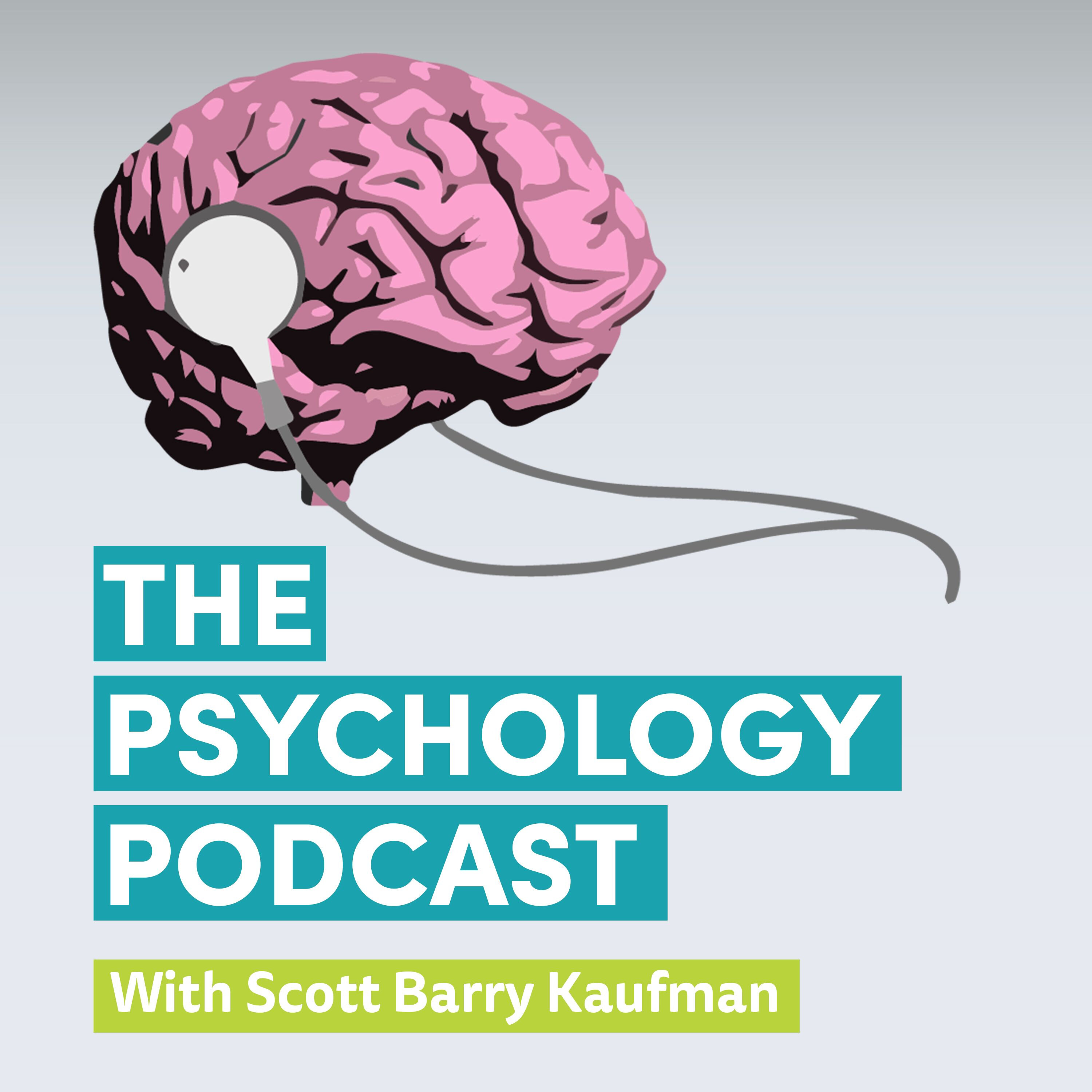
Mark Leary || The Self, Identity, and Removing the Mask
This week I'm thrilled to welcome Mark Leary, Ph.D. to The Psychology Podcast! Dr. Leary is the Garonzik Family Professor of Psychology and Neuroscience at Duke University and author of The Curse of the Self. His research interests focus on social motivation and emotion, and on processes involving self-reflection and self-relevant thought. He has written or edited 12 books and over 200 scholarly articles and chapters. He was the 2010 recipient of the Lifetime Career Award from the International Society for Self and Identity and a 2015 co-recipient of the Scientific Impact Award from the Society for Experimental Social Psychology. During our chat we covered a number of mutual research interests including: Links: Read Dr. Leary's new blog at PsychologyToday Self-esteem, identity and their relationships to behavior The distinction between “instrumental social value" and "relational social value" The human need for belonging The concept of “self-presentation strategies" and their variations: <ul> <li>Imposter syndrome<br /> Self-promotion Ingratiation The difference between egoism and egotism Support this podcast: https://anchor.fm/the-psychology-podcast/supportSee omnystudio.com/listener for privacy information.
57:0415/03/2018
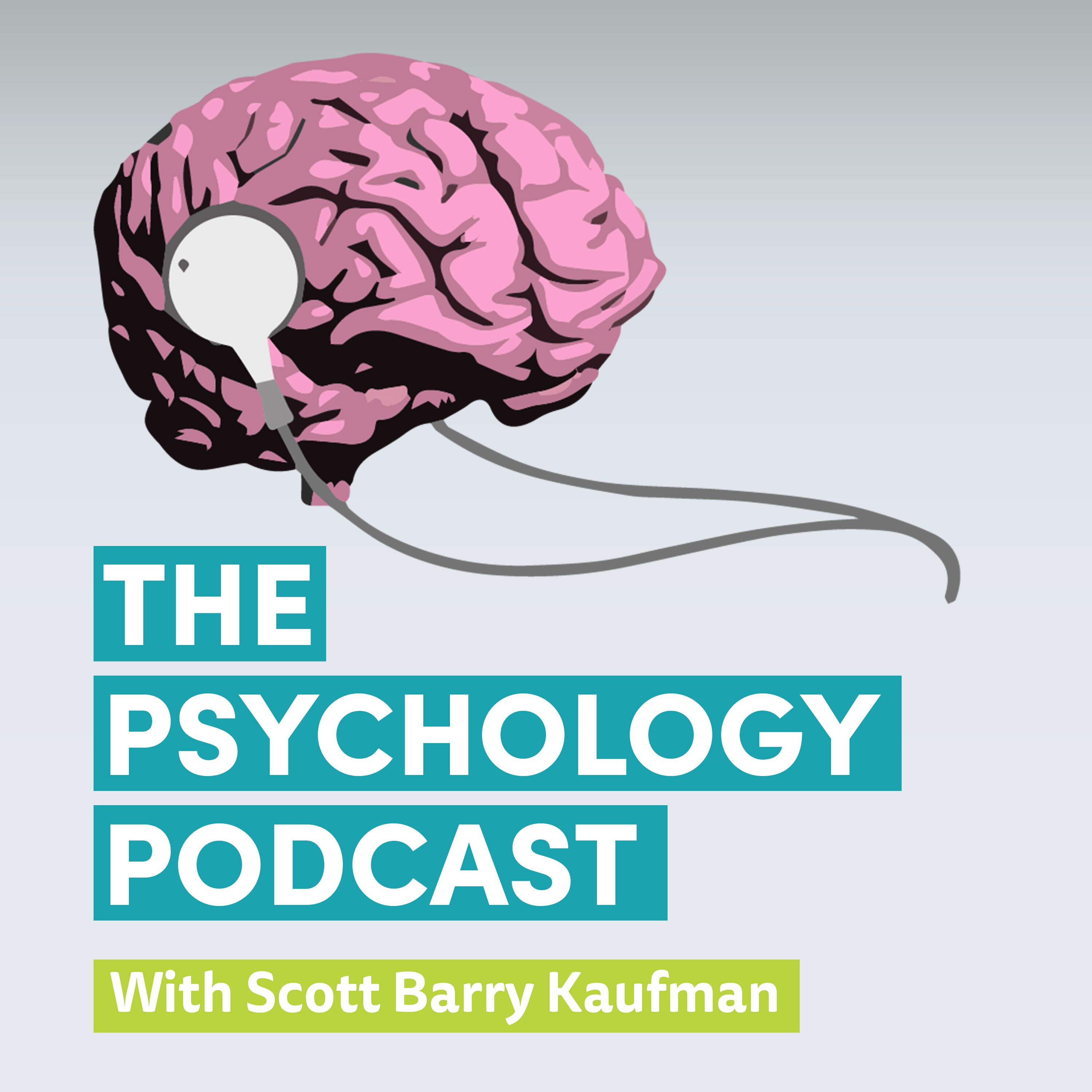
Kathryn Prescott || The Devastating Opioid Epidemic
Today I’m delighted to have actress Kathryn Prescott on the podcast! Kathryn is an actor and photographer, originally from London. Ms. Prescott got her first big break when she was 17 playing Emily, a young lesbian with a homophobic twin sister, in the cult UK TV show “Skins”. A few years later she moved to the US to play the lead role in the MTV teen drama “Finding Carter” and has since appeared in various other projects including ‘To The Bone’, ‘Reign’ and ’24: Legacy’. Ms. Prescott is currently shooting her second season of AMC’s ‘The Son’ and has a movie coming out on Netflix in April called “Dude”. After joining up with The Big Issue Foundation and Centrepoint in the UK for a photography exhibition to raise money for both organizations, she wanted to do something similar in the US, so she got in touch with Homeless Health Care Los Angeles but decided to do something a little different. Her film explores the cyclical nature of pain and isolation when it comes to addiction while highlighting the devastating effect that the opioid epidemic is having on America’s youth. Mrs. Prescott has been surrounded by addiction throughout her life and people’s reactions to it have always fascinated her. In addition to listening to this fascinating interview with Ms. Prescott, please watch and share her important video and see other links below: Links The official website for “Dear You” “Dear You” on social media: Twitter, Instagram, & Facebook A great podcast explaining how one sentence helped set off the opioid epidemic Support this podcast: https://anchor.fm/the-psychology-podcast/supportSee omnystudio.com/listener for privacy information.
33:0708/03/2018
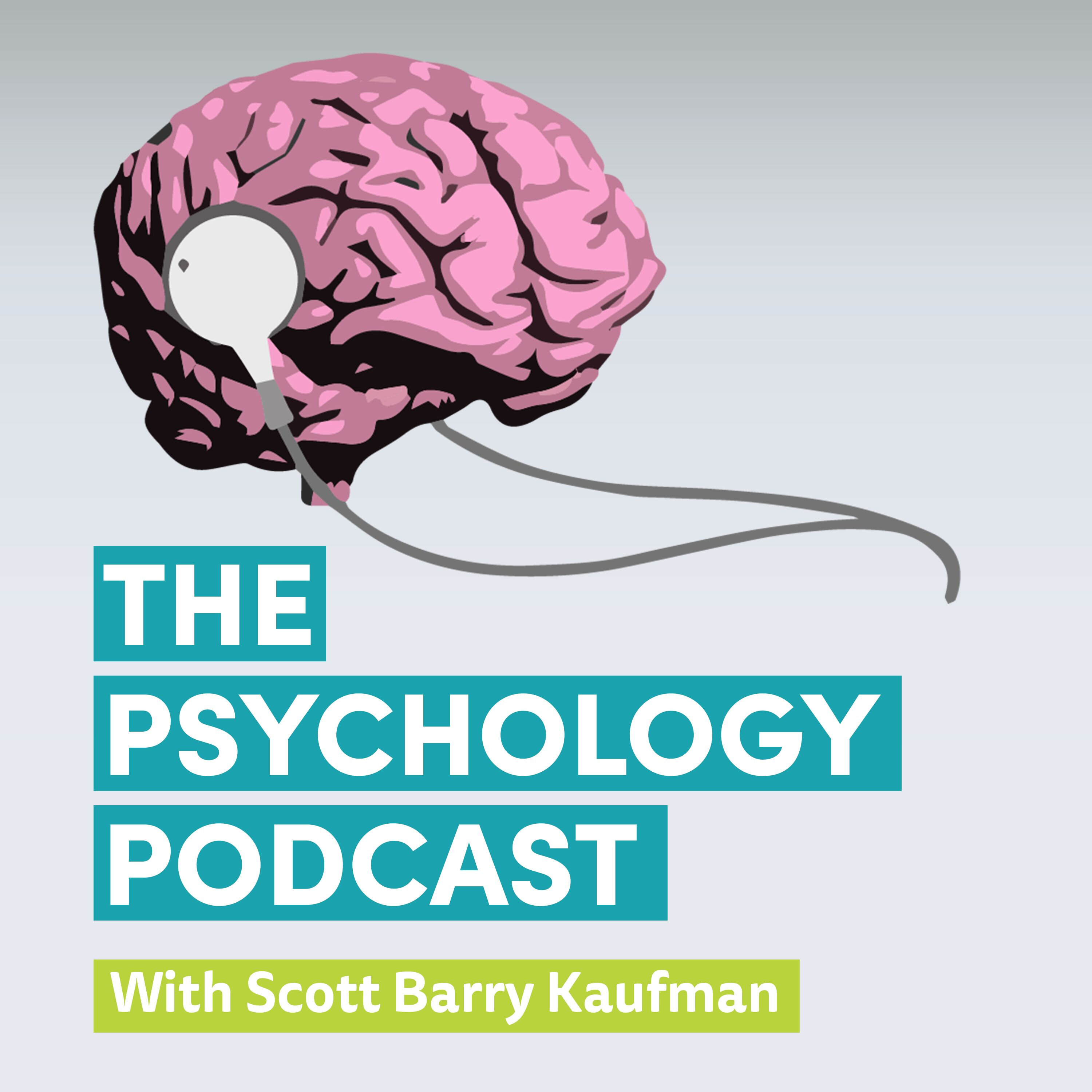
Melissa Dahl || A Theory of Awkwardness
Melissa Dahl is a senior editor covering health and psychology for New York's The Cut. In 2014, she cofounded New York’s popular social science site, Science of Us. Her work has appeared in Elle, Parents, and TODAY.com. Her new book, Cringeworthy, is her first book. In our conversation, Melissa shares with us: - How awkwardness comes from self-consciousness and uncertainty - How doing improv can help you become less awkward - How we create more drama with ourselves than necessary - What we can do to become more one with our awkwardness - Why the “irreconcilable gap” can lead to awkwardness - How to find the “growing edge” and challenge yourself to have more awkward conversations This episode may be the most awkward episode of The Psychology Podcast yet (and that’s saying a lot!). So you won’t want to miss it! :) Support this podcast: https://anchor.fm/the-psychology-podcast/supportSee omnystudio.com/listener for privacy information.
24:0522/02/2018

Jessica Tracy || Shades of Pride
“What is it in the human psyche that allows us to achieve, create, discover, and invent in ways that no other species can?” This is a question Jessica Tracy explores in her book Take Pride: Why the Deadliest Sin Holds the Secret to Human Success. Tracy is a professor of psychology, an emotion researcher, and a social-personality psychologist at the University of British Columbia. In our conversation we discuss the established and emerging research on: The 2 distinct expressions of pride (hubristic and authentic), and how they relate to the routes to power (dominance and prestige), The experience and expressions of shame, and how the emotion has made its way into the research on everything from narcissism to addiction, The moral and self-conscious emotions, and the roles they play in decision making. Thanks to Jessica for coming on the podcast and discussing these fascinating and important lines of research! Support this podcast: https://anchor.fm/the-psychology-podcast/supportSee omnystudio.com/listener for privacy information.
28:3415/02/2018

Mithu Storoni || Stress Proof
Dr. Mithu Storoni is a Cambridge-educated physician, researcher and author, interested in chronic stress and its implications on mental well-being, decision-making, performance, and brain health. In her latest book STRESS PROOF – the scientific solution to protect your brain and body and be more resilient every day, she takes cutting-edge research findings from over 500 published studies and distills them into hundreds of lifestyle-based tricks to help our brains achieve improved mental clarity, increased tranquility, sharper focus, and heightened performance. In our conversation, Mitthu shares with us: The physical symptoms of stress Tips to improve your emotional regulation The perils of rumination and how to overcome it The physiological differences between acute and chronic stress The benefits of different kinds of meditation (mindfulness, open-monitoring, etc.) The research on how lifestyle interventions (ie. The mind diet, cognitive training) can be used to treat chronic stress You can find Mithu’s book Stress Proof on Amazon. Follow Mithu on Twitter @StoroniMithu. Support this podcast: https://anchor.fm/the-psychology-podcast/supportSee omnystudio.com/listener for privacy information.
34:3008/02/2018

Suzann Pileggi Pawelski || Using Positive Psychology to Build Love That Lasts
Today I’m really excited to have James and Suzann Pileggi Pawelski on the podcast. James is Professor of Practice and Director of Education in the Positive Psychology Center at the University of Pennsylvania where he cofounded the Master of Applied Positive Psychology Program with Martin Seligman. Suzie is a freelance writer, Psychology Today blogger, and well-being consultant specializing in the science of happiness and its effects on relationships and health. Together, James and Suzie are co-authors of the newly-released book “Happy Together: Using the Science of Positive Psychology to Build Love That Lasts”. They also give Romance and ResearchTM workshops together around the world. In this episode we discuss: What people get wrong about relationships What the "relationship gym" is How to cultivate "Aristotelian love" The specific ways positive psychology can help you be happy with a partner The role of gratitude in relationships How to sustain passion in a relationship Support this podcast: https://anchor.fm/the-psychology-podcast/supportSee omnystudio.com/listener for privacy information.
39:3918/01/2018
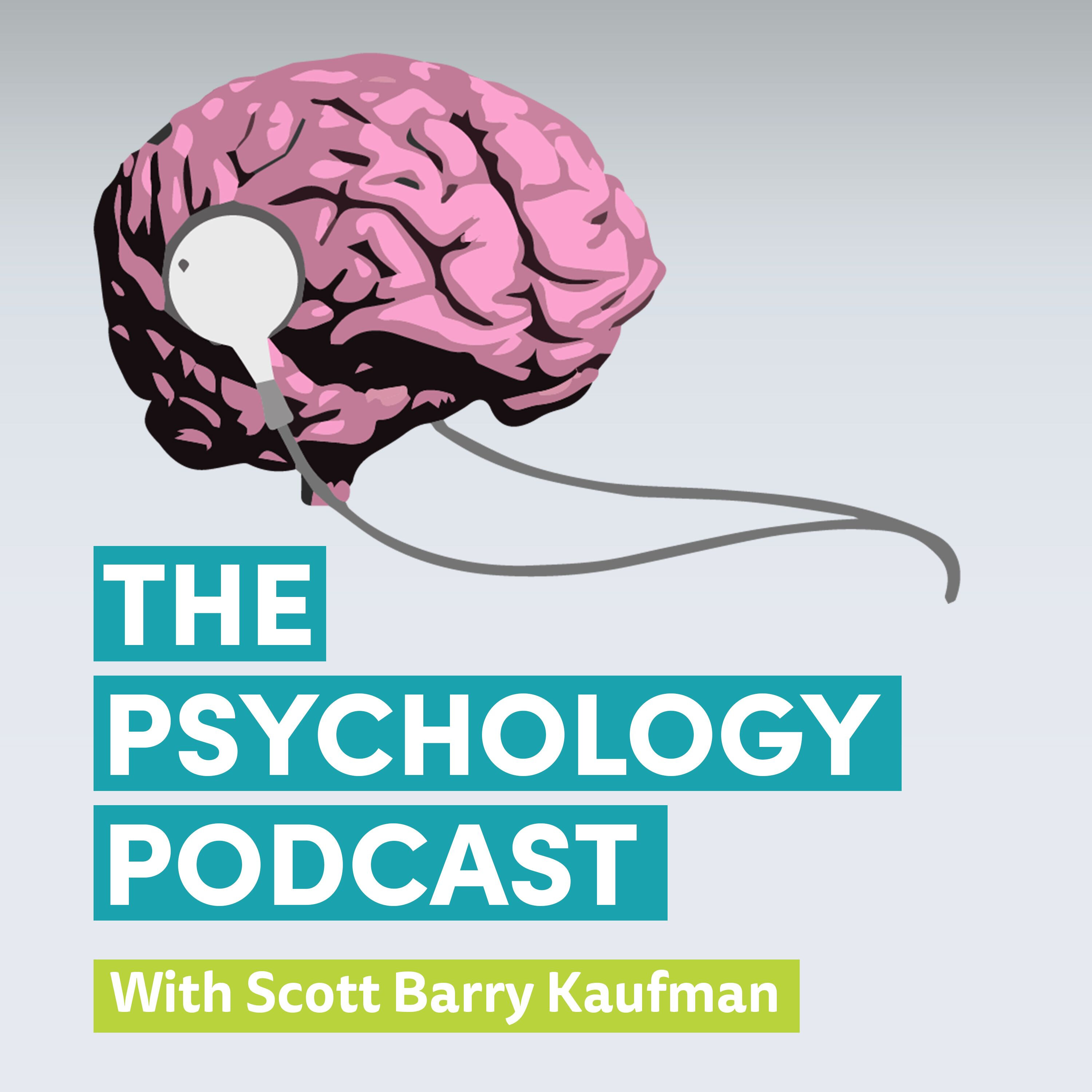
James Fadiman || Psychedelics and the Founding of Transpersonal Psychology
James Fadiman is a Harvard-trained psychologist and writer, who is known for his extensive work in the field of psychedelic research. He co-founded, along with Robert Frager, the Institute of Transpersonal Psychology, which later became Sofia University, where he was a lecturer in psychedelic studies. Fadiman is author of The Psychedelic Explorer’s Guide: Safe, Therapeutic, and Sacred Journeys. In this episode, we discuss: - Why he decided to scientifically study the positive effects of LSD - Why the psychedelic experience is so transformative for so many people - How the psychedelic experience evaporates boundaries - The limitations of science - Fadiman’s experience with Abraham Maslow on an airplane - The founding of transpersonal psychology - The potential benefits of "psychedelic therapy" - How one can have enlightenment without compassion ("false enlightenment") - The importance of the Bodhisattva Path - How accepting our multiple selves can increase understanding and compassion Support this podcast: https://anchor.fm/the-psychology-podcast/supportSee omnystudio.com/listener for privacy information.
49:3611/01/2018
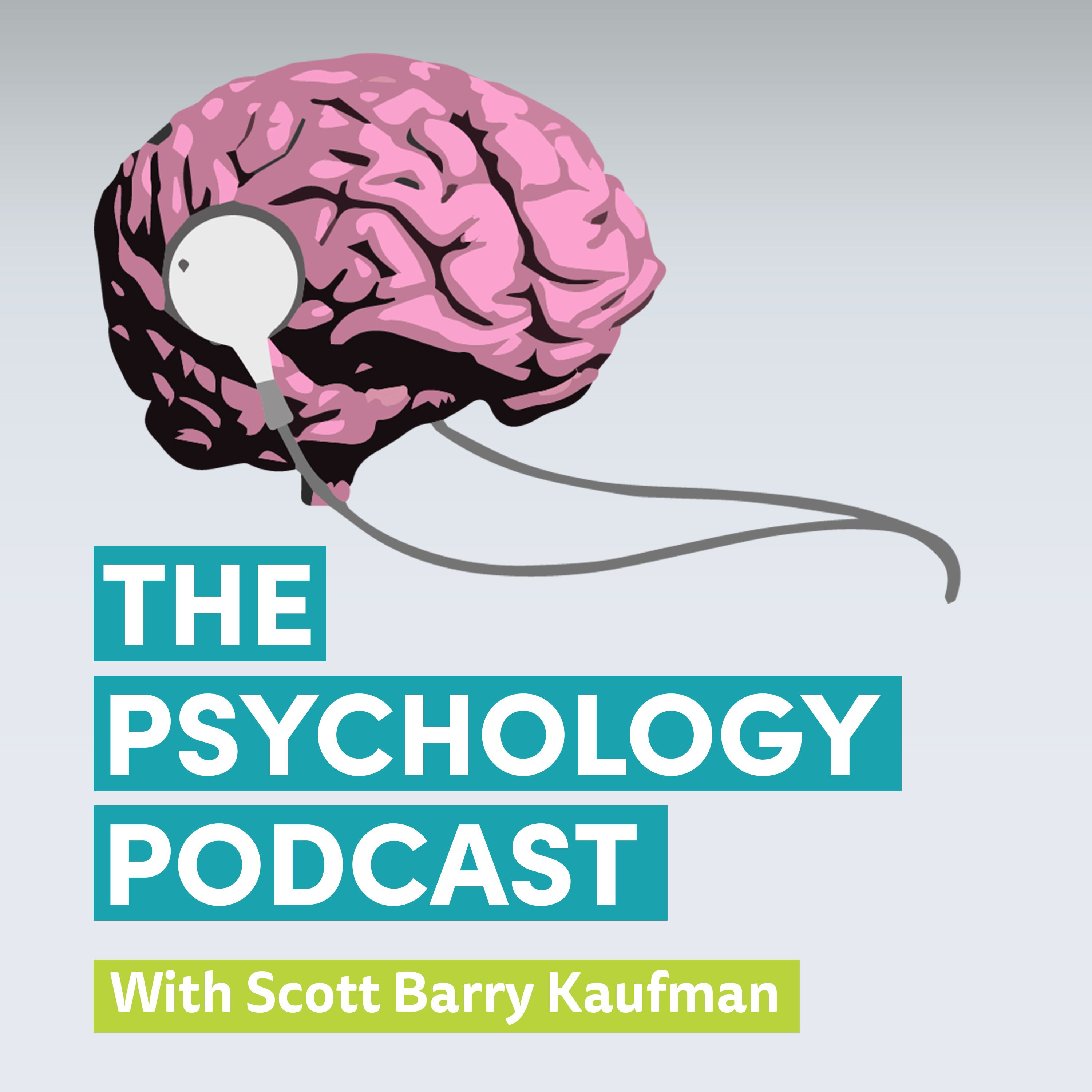
Kirk Schneider || Existential-Humanistic Therapy
“Adventure and awe are key to the perpetuation of vibrant, evolving lives, and in combination with technological advances may bring marvels to our emerging repertoires.” — Kirk Schneider Kirk Schneider is a psychotherapist who has taken a leading role in the advancement of existential-humanistic therapy and existential-integrative therapy. He has authored or coauthored ten books, including The Paradoxical Self, Humanity’s Dark Side, Existential-Integrative Psychotherapy, The Psychology of Existence (with Rollo May), The Polarized Mind, The Handbook of Humanistic Psychology, and Awakening to Awe. Dr. Schneider is the 2004 recipient of the Rollo May award for “outstanding and independent pursuit of new frontiers in humanistic psychology” from the Humanistic Psychology Division of the American Psychological Association. In this episode, Kirk teaches us how we can connect with the mystery and discovery in our daily lives in a way that allows us to feel, sense, imagine, create, wonder, and to feel the dysphoric feelings as well, the poignancy of sadness of hurt or anger, and in essence, experience a larger sense of life and of creative work. Kirk's seminal work in existential-humanistic therapy has helped many people be more open to new possibilities and sensitivities to oneself as well as other people, other species, and have a more profound appreciation of our fleeting time in space. Among these topics, we also discuss the following: What is existential-humanistic therapy? Kirk’s kinship with Rollo May Kirk's debate with Ken Wilbur about "ultimate consciousness" Kirk's vision of an awe-based era in the age of roboticism Kirk's vision of "depth healers" How to preserve the core of humanity in this brave new world Links The Spirituality of Awe Existential-Humanistic Therapy (2nd edition) The Deified Self: A "Centaur" Response to Wilber and the Transpersonal Movement by Kirk Schneider Rollo May: Personal Reflections and Appreciation by James F.T. Bugental Support this podcast: https://anchor.fm/the-psychology-podcast/supportSee omnystudio.com/listener for privacy information.
29:1027/12/2017
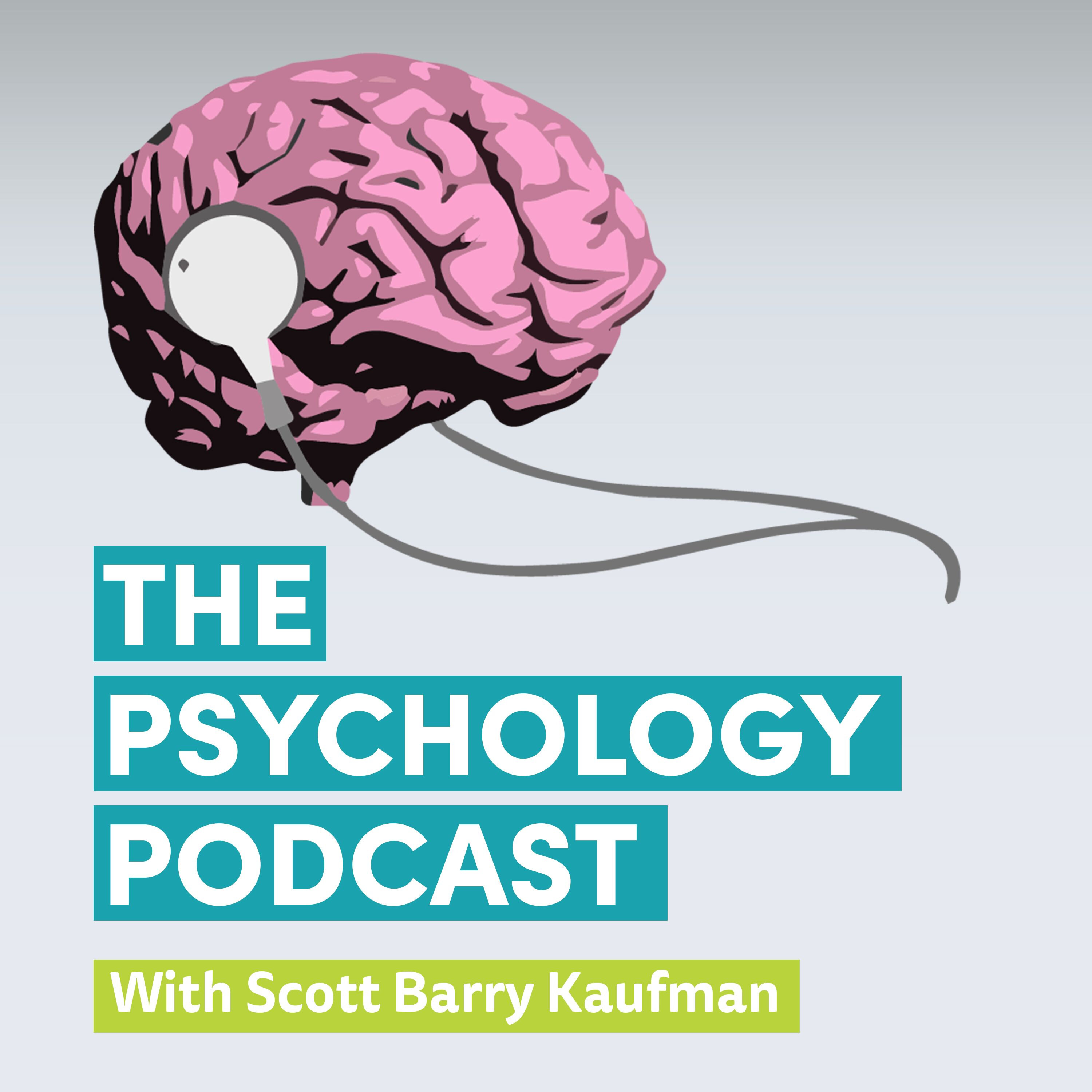
Dan Ariely || Spending Smarter
“Money is incredible, but some of the things that make it incredible make it difficult to use.” — Dan Ariely Today I’m excited to welcome Dan Ariely to The Psychology Podcast. Dan is a professor of psychology and behavioral economics at Duke University and a founding member of the Center for Advanced Hindsight. Through his research and his (often unorthodox) experiments, he questions the forces that influence human behavior and the irrational ways in which we often all behave. He is author of the bestsellers Predictably Irrational, The Upside of Irrationality, and several others, and his latest book is Dollars and Sense: How We Misthink Money and How to Spend Smarter. In our conversation we cover: Why he decided to dedicate a whole book to money How the “pain of paying” affects how much we spend Why we tend to undervalue saving How fairness impacts our perception of value Why bad spending becomes a habit In this episode you’ll learn how to think about money and spend it in smarter ways. It was great getting to chat with Dan, and interesting to see the overlap between his research in Behavioral Economics and the research coming out of Positive Psychology. Enjoy! Links: Dollars and Sense: How We Misthink Money and How to Spend Smarter https://www.amazon.com/Dollars-Sense-Misthink-Money-Smarter/dp/006265120X [Book] Follow Dan on Twitter https://twitter.com/danariely For more resources and information on Dan and his research http://danariely.com/ Support this podcast: https://anchor.fm/the-psychology-podcast/supportSee omnystudio.com/listener for privacy information.
26:5620/12/2017
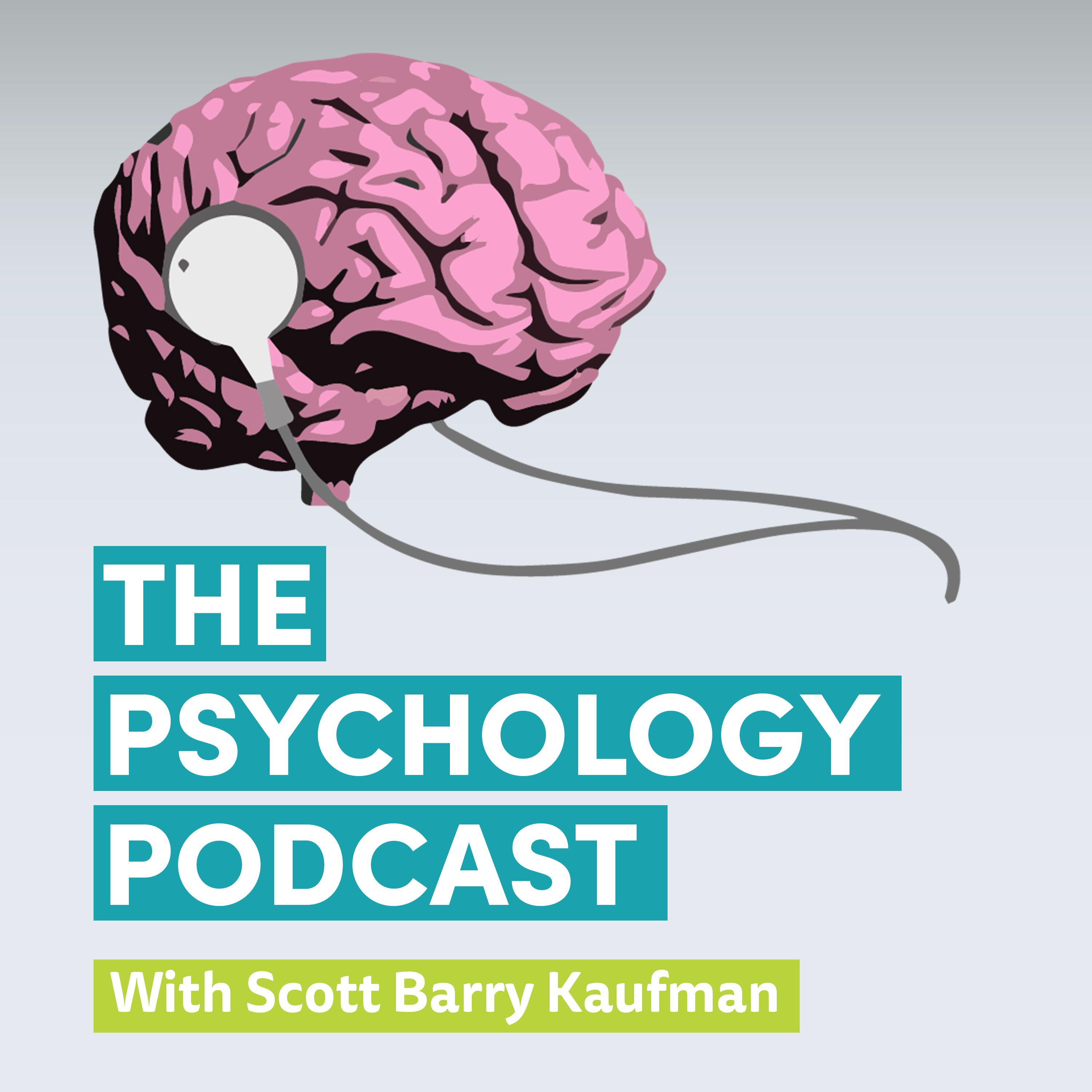
Ruth Whippman || America the Anxious
The process of being happy has become painfully comically neurotic" - Ruth Whippman This week I am delighted to welcome Ruth Whippman to The Psychology Podcast. Ruth is the author of America the Anxious: How Our Pursuit of Happiness is Creating a Nation of Nervous Wrecks. The book has been covered by New York Magazine, The New York Times, The New York Post, The Washington Post, and VICE, among others. Today we bring to you spirited discussion topics such as: The cultural differences between America and Britain regarding attitudes about happiness (Ruth moved from London to California 6 years ago with her husband and 2 young sons). Dosage effects of positive interventions—Is it useful to try to feel good all the time? The standards to which we hold motivational speakers, popular science writers, and scientists themselves—Is it okay for standards to differ? The rampant promotion of "pseudo-growth" among corporate flourishing initiatives. The parenting "happiness rat race". Enjoy, and if you have thoughts on the episode be sure to leave a comment below! Links: You can find Ruth's book America the Anxious: How Our Pursuit of Happiness is Creating a Nation of Nervous Wrecks on Amazon: https://www.amazon.com/America-Anxious-Pursuit-Happiness-Creating/dp/1250071526 [Book] Follow Ruth on Twitter @ruthwhippman http://twitter.com/ruthwhippman Bob Emmons on the Power of Gratitude: https://greatergood.berkeley.edu/video/item/the_power_of_gratitude [Video] http://scottbarrykaufman.com/wp-content/uploads/2017/09/Emmons-paper-for-Gratitude-Complaint-consultation-September-2017.pdf [Paper] Support this podcast: https://anchor.fm/the-psychology-podcast/supportSee omnystudio.com/listener for privacy information.
43:4206/12/2017
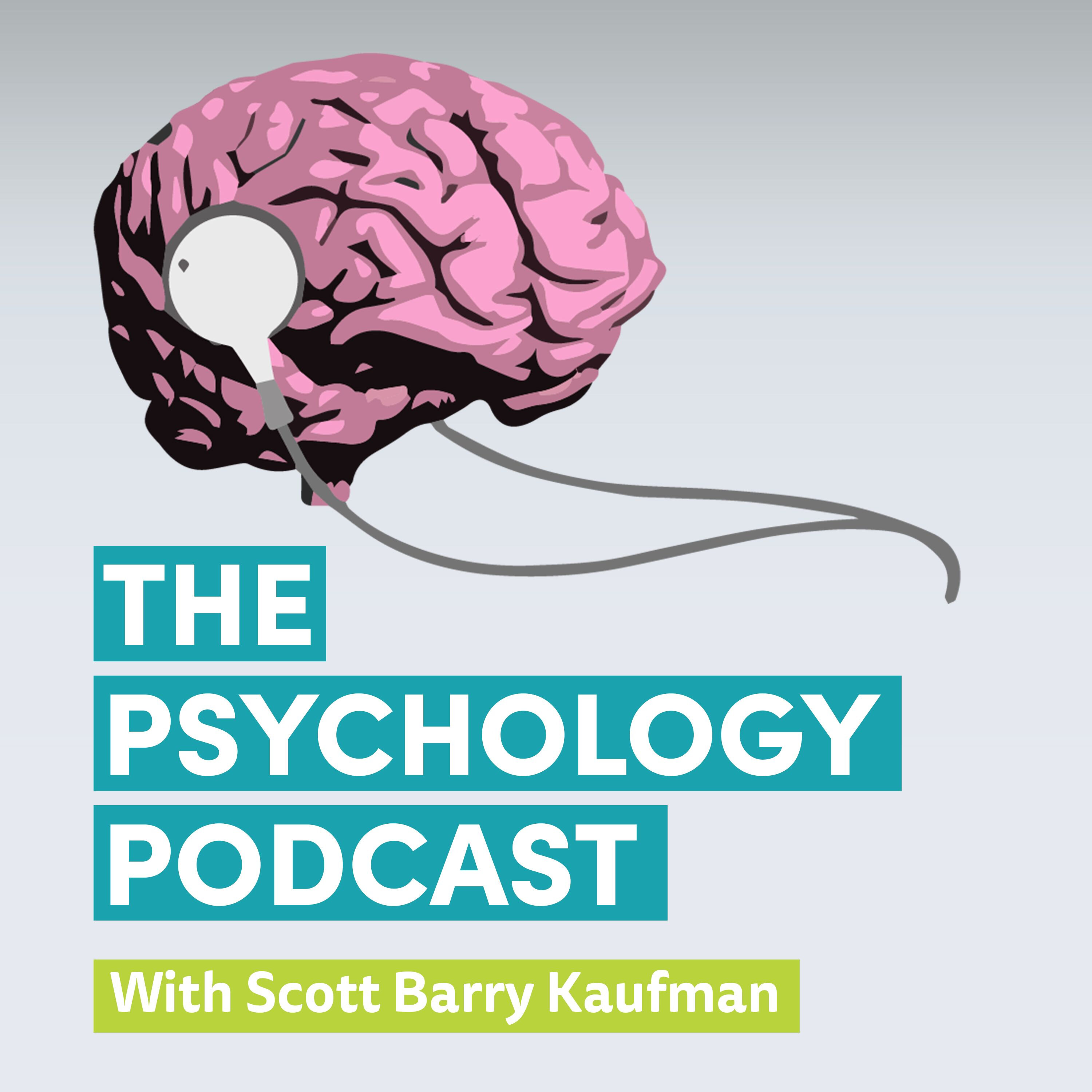
Elliot Aronson || Not by Chance Alone
"Life is full of lessons, and 'playing the hand you're dealt as well as you can play it' is a good one." -- Elliot Aronson Today I'm incredibly excited to welcome the legendary Elliot Aronson to The Psychology Podcast. Aronson is an eminent social psychologist who is best known for his groundbreaking experiments on the theory of cognitive dissonance and for his invention of the Jigsaw Classroom, a highly effective cooperative teaching technique which facilitates learning while reducing interethnic hostility and prejudice. He is the only person in the 120-year history of the American Psychological Association to have won all three of its major awards: for writing, for teaching, and for research, and in 2007 he received the William James Award for Lifetime Achievement from the Association for Psychological Science, in which he was cited as the scientist who "fundamentally changed the way we look at everyday life.” Over the course of our in-depth and wide-ranging discussion, Aronson: Shares stories and key lessons from his famous mentors–Abraham Maslow and Leon Festinger–and how each of the two altered the course of his life, Illuminates with examples some of his most fascinating findings in the field of Social Psychology, Offers his take on the replication crisis and on what he calls the "TED-ification" of Psychology, Imparts on us wisdom he's gathered not just as a researcher and psychologist but also as a father and brother. It was a pleasure to have a legend in the field on the show for such a comprehensive conversation, filled with stories and lessons. Enjoy! Links: Elliot Aronson's memoir, Not By Chance Alone: My Life as a Social Psychologist, is available on Amazon https://www.amazon.com/Not-Chance-Alone-Social-Psychologist/dp/0465031390 [Book] To learn more about Aronson's highly effective Jigsaw Classroom (from outcomes to implementation) visit https://www.jigsaw.org/ [Resource] The Social Animal - Through vivid narrative, lively presentations of important research, and intriguing examples, Aronson's textbook offers a brief, compelling introduction to modern social psychology Support this podcast: https://anchor.fm/the-psychology-podcast/supportSee omnystudio.com/listener for privacy information.
01:10:3422/11/2017
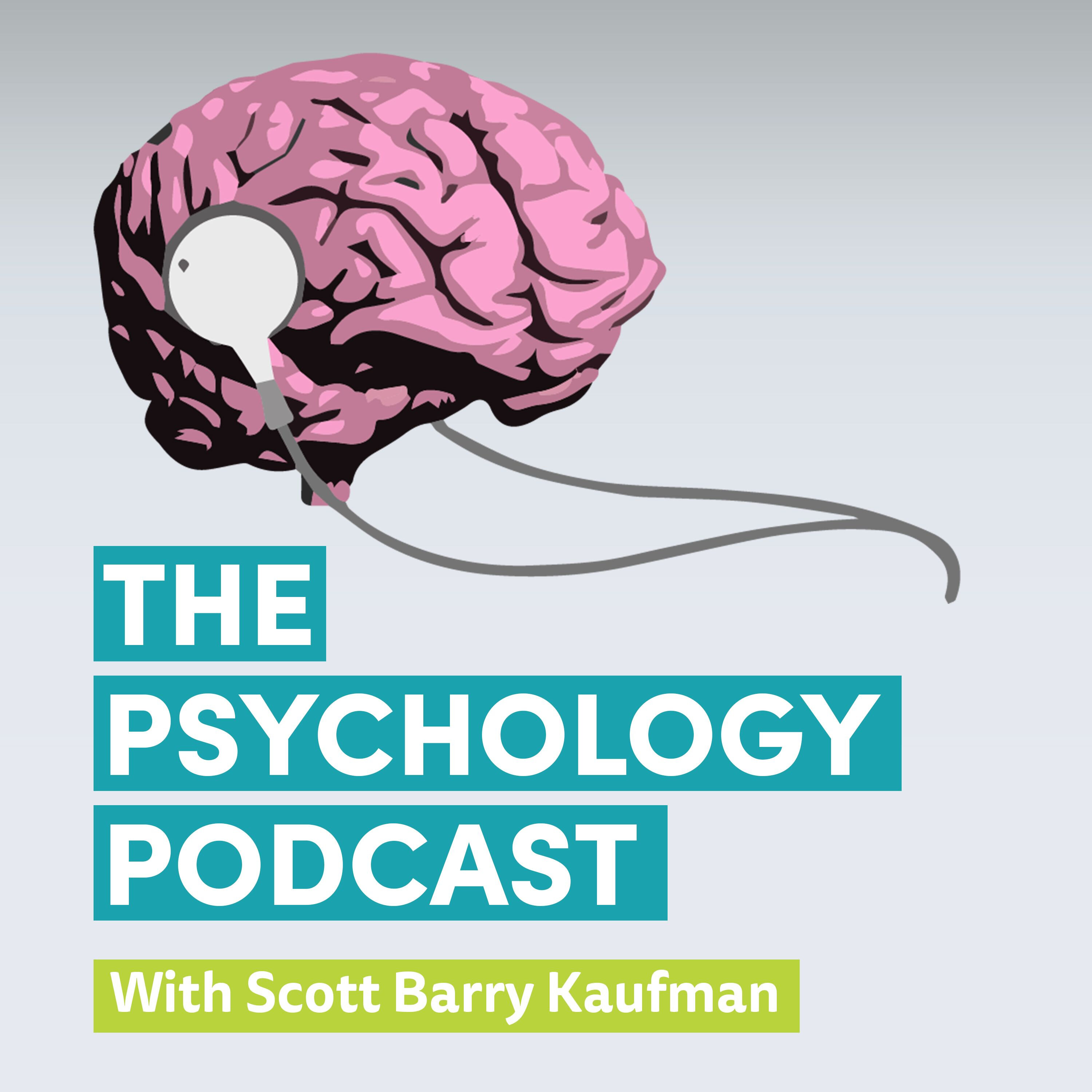
Lewis Howes || The Mask of Masculinity
I look at a man as a symbol of inspiration. Someone who looks to be of service along his journey. Someone who experiences fears but has the courage to face them and move forward anyway. Someone who’s loving to all people and creatures in world, including himself. Someone who can take care of his basic needs and teach others how to live in abundance. Someone who doesn’t judge people but looks for ways to lift others up. Someone who leaves this place better than the way he found it. That, to me, is a man. — Lewis Howes Today it’s great to have Lewis Howes on The Psychology Podcast! Lewis is a lifestyle entrepreneur, high-performance business coach, author and keynote speaker. A former professional football player and 2-sport All American, Lewis hosts The School of Greatness Podcast, which has received millions of downloads since it was launched in 2013. Howes is also an advisory board member of Pencils of Promise. His latest book is The Mask of Masculinity: How Men Can Embrace Vulnerability, Create Strong Relationships, and Live Their Fullest Lives. Our conversation covers a few key themes such as: The power of vulnerability and the role it’s played in Lewis’ life The masks men wear to hide who they truly are and the benefits of taking off these masks The male role models Lewis personally looks to for inspiration, and what he admires about them Hope you enjoy my conversation with Lewis, and if you want to learn more about each of the masks mentioned, be sure to check out his new book The Mask of Masculinity: How Men Can Embrace Vulnerability, Create Strong Relationships, and Live Their Fullest Lives. Links: You can find The Mask of Masculinity on Amazon (https://www.amazon.com/Mask-Masculinity-Embrace-Vulnerability-Relationships/dp/1623368626/) You can listen to The School of Greatness on iTunes, Apple Podcasts or wherever you get your podcasts https://itunes.apple.com/us/podcast/the-school-of-greatness-with-lewis-howes/id596047499?mt=2 Follow Lewis on Twitter @LewisHowes https://twitter.com/LewisHowes Support this podcast: https://anchor.fm/the-psychology-podcast/supportSee omnystudio.com/listener for privacy information.
38:4201/11/2017
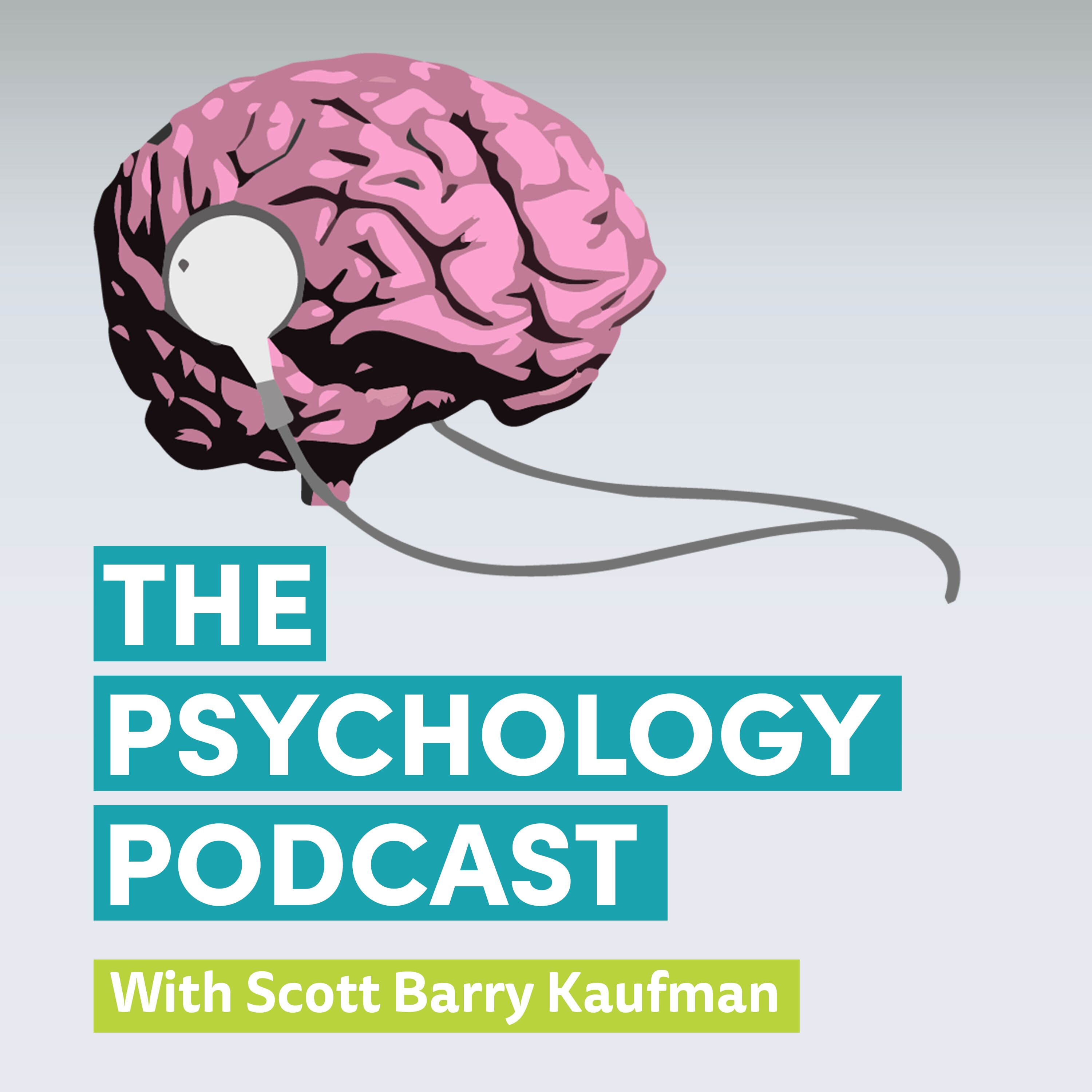
Jordan Harbinger || The Art of Charm
Today I’m excited to welcome Jordan Harbinger to The Psychology Podcast. Jordan is an entrepreneur, talk show host, and world-renowned social dynamics expert. As co-founder of The Art of Charm, he has helped develop one of the leading self-development programs in the world, with a special expertise in social capital, relationship-building, and authentic rapport. He is also the host of The Art of Charm Podcast, where he interviews leading entrepreneurs, celebrities, authors, and experts on psychology, human performance, behavioral economics, and success. In our wide-ranging discussion, Jordan and I talk about: How The Art of Charm came to be (and how it evolved to be differ from the pick-up artist movement) What kinds of things go on at his intense, 6-day live programs Where his work at the Art of Charm draws from the world of Positive Psychology Why it’s important to seek expertise from the right places and set healthy expectations Why feeling comfortable in your skin is more of a subtractive process than an additive process, and how to go about achieving this Why we need to delegate nonverbal communication to the level of habit, and some actionable tips for doing so (such as his famous “doorway drill”) Why we should be more open to the idea of outgrowing friends, and signs it’s time to let a friend go How all of this relates to the delicate balance of being and becoming, and the risks inherent in not striving to be your most authentic self This episode offers a lot of food for thought around self development and how we can use scientifically-proven techniques to lead happier and more fulfilling lives. Enjoy! Find Jordan at: Instagram Twitter Facebook YouTube Support this podcast: https://anchor.fm/the-psychology-podcast/supportSee omnystudio.com/listener for privacy information.
42:3326/10/2017

Cheryl Einhorn || Making Good Decisions
Today I'm glad to welcome Cheryl Einhorn to The Psychology Podcast! Cheryl is the creator of the AREA Method, a decision making system for individuals and companies to solve complex problems. She is also the founder of CSE Consulting and the author of the book Problem Solved, a Powerful System for Making Complex Decisions with Confidence & Conviction. Cheryl teaches as an adjunct professor at Columbia Business School and has won several journalism awards for her investigative stories about international political, business and economic topics. In our conversation she takes us through the philosophy behind her unique perspective taking process for making better decisions as well as through each of the steps: The AREA Method gets its name from the perspectives that it addresses: Absolute, Relative, Exploration & Exploitation and Analysis: A, or Absolute, refers to the perspective of the research target. It is primary, uninfluenced information from the source itself. R, or Relative, refers to the perspective of outsiders around the target. It is secondary information, or information that has been filtered through sources connected to the target. E, or Exploration and Exploitation, are really about the human mind. Exploration is about listening to what other people think and believe. Exploitation is about listening to yourself and examining your own assumptions and judgment. The second A, or Analysis, synthesizes all of these perspectives, processing and interpreting the information you’ve collected. Cheryl also shares stories of the people she encountered along her journey of researching the book and explains a variety of applications of this method. We hope you enjoy this actionable episode, and if you're interested to applying this method to a decision you're struggling with right now, be sure to check out Cheryl's free resources! Links: Problem Solved: A Powerful System for Making Complex Decisions with Confidence and Conviction is available on Amazon https://www.amazon.com/Problem-Solved-Decisions-Confidence-Conviction/dp/163265086X/ What Kind of Problem Solver Are You [Quiz] https://app.areamethod.com/ Downloadable "Cheetah Sheets" [Download] http://www.areamethod.com/downloads/ More examples of the AREA method at work [Case Studies] http://www.areamethod.com/area-at-work/ Follow Cheryl on Twitter Support this podcast: https://anchor.fm/the-psychology-podcast/supportSee omnystudio.com/listener for privacy information.
31:3024/10/2017
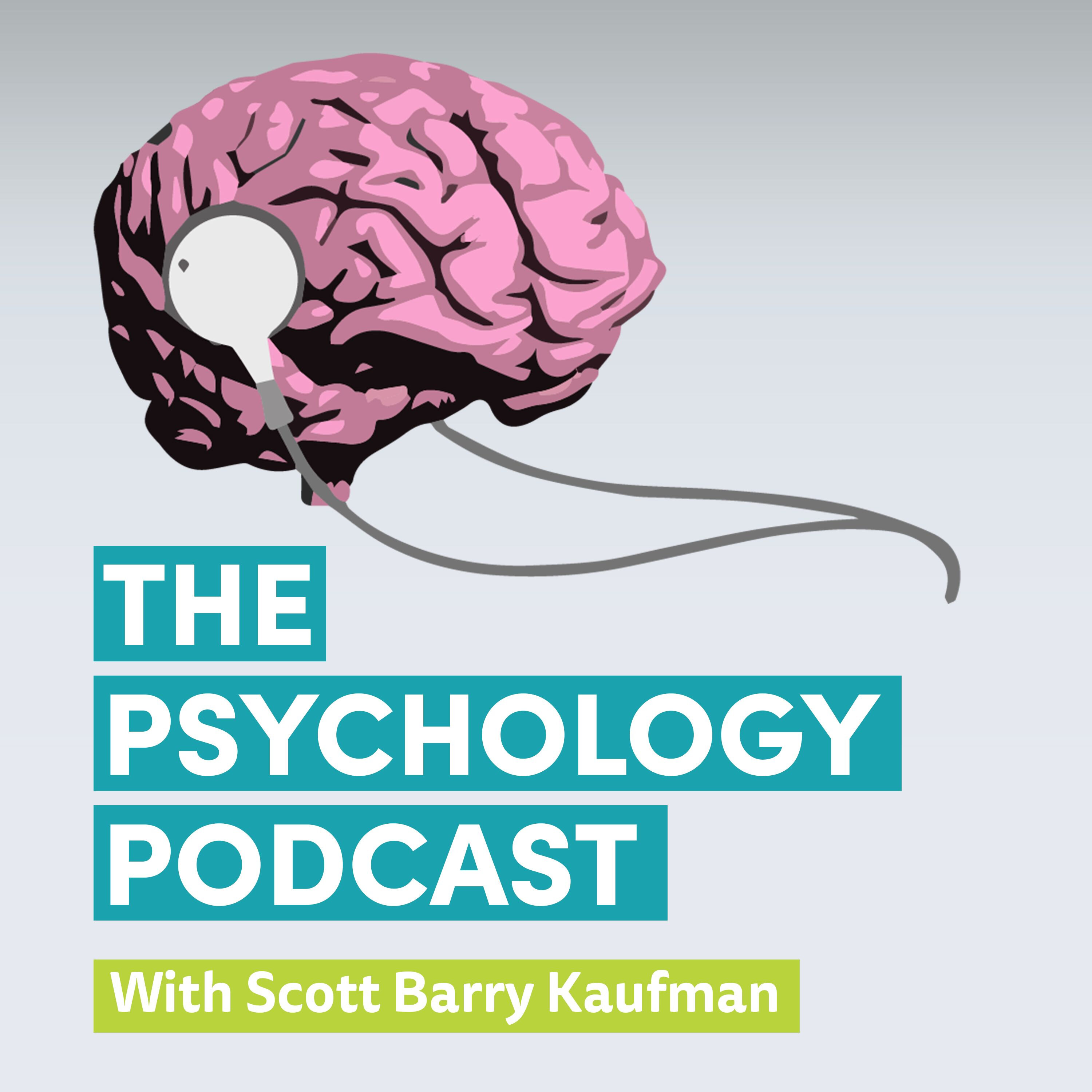
Brad Stulberg and Steve Magness || Peak Performance
This week I’m excited to welcome Brad Stulberg and Steve Magness to The Psychology Podcast. Brad writes for Outside, Runner’s World, NPR and has a column in the Huffington Post about health and the science of human performance. Steve Magness coaches Olympians and marathoners, lectures at St. Mary’s University on Exercise Science, and writes for numerous publications including Wired, Sports Illustrated and NY Magazine on the science of performance. Together they are partners in peak performance, in research, and in writing their latest book Peak Performance: Elevate Your Game, Avoid Burnout, and Thrive with the New Science of Success. In this conversation, Brad and Steve teach us: Why the word “performance” can be deceiving and how those of us focused on creative endeavors, who may not think of “performance” as an end goal, can benefit from their research, Why both physical and cognitive rest are crucial for world-class performance in our pursuits, in what’s known as the Paradox of Rest (some of you probably know how much I love a good paradox!), How harmonious passion maps onto their ideas about burnout, and how to identify whether a pursuit is rooted in harmonious or obsessive passion, Why Brad and Steve limit themselves to 24-48 hours of celebration or wallowing after identity-validating or identity-challenging events, How to optimize our routines to achieve peak performance, Why transcendence is one of the most underrated characteristics of peak performance. Support this podcast: https://anchor.fm/the-psychology-podcast/supportSee omnystudio.com/listener for privacy information.
40:3311/10/2017
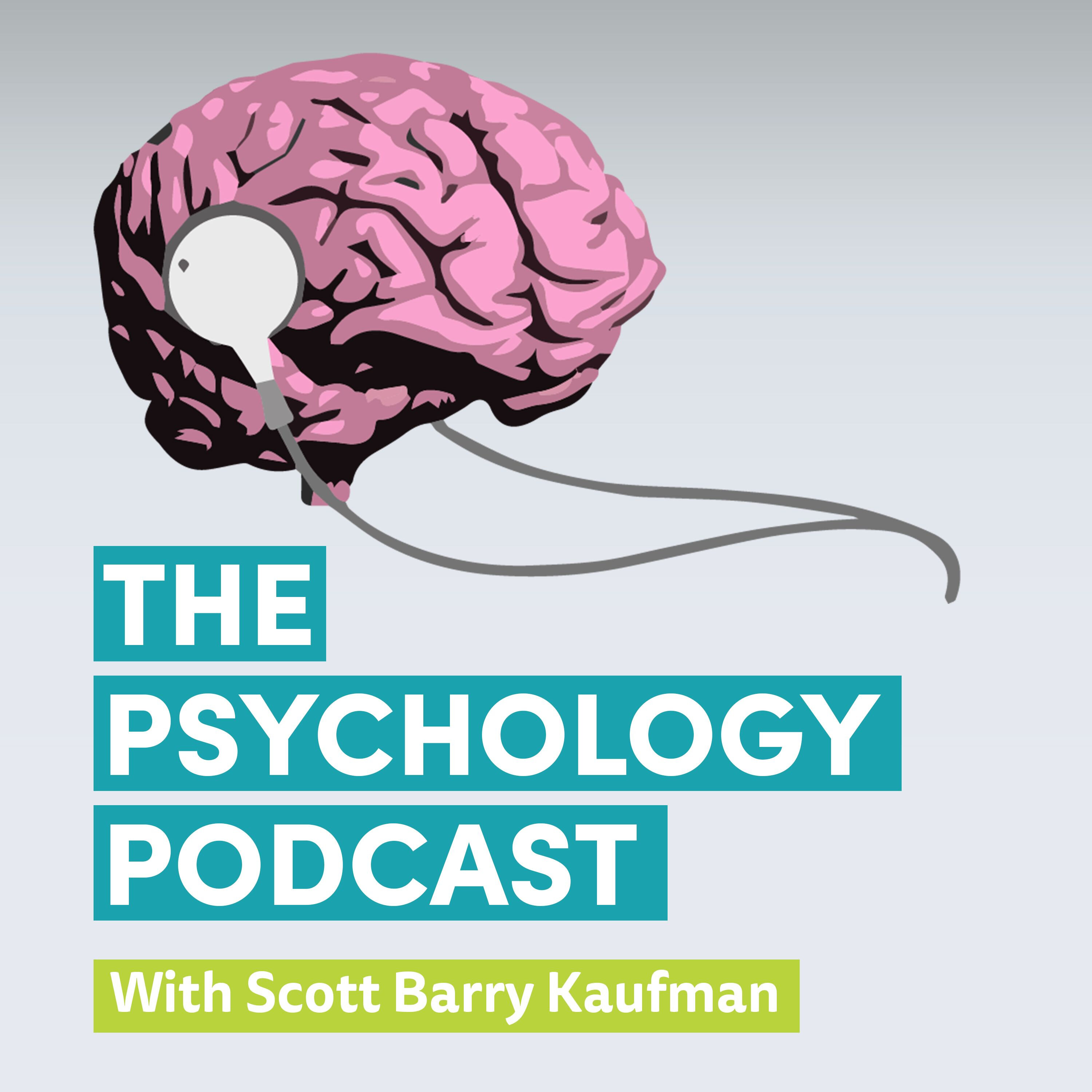
Dacher Keltner || The Power Paradox
"Power is given, not grabbed.” — Dacher Keltner Today I’m really excited to have Dr. Dacher Keltner join me for his second appearance on The Psychology Podcast! Dacher Keltner is a professor of psychology at the University of California, Berkeley, and the faculty director of the UC Berkeley Greater Good Science Center. A renowned expert in the biological and evolutionary origins of human emotion, Dr. Keltner studies the science of compassion, awe, love, and beauty, and how emotions shape our moral intuition. His research interests also span issues of power, status, inequality, and social class. He is the author of the best-selling book Born to Be Good: The Science of a Meaningful Life and of The Compassionate Instinct. His latest book is The Power Paradox: How We Gain and Lose Influence. In our conversation we discuss several of Dacher’s ideas surrounding power including: The unique definition of power he presents in the book The recent development in power research of the 2 paths to power: Domination, Manipulation, Coercion Status, Respect, Strong Ties The myth of power stereotypes The problems of power The challenges of getting it The difficulties of maintaining it The dangers of becoming addicted to it The Humility pathway of enduring power Links: The Power Paradox is available on Amazon Follow Dacher’s Greater Good Lab on Twitter [Book] Good to Great – Jim Collins (mentioned-“The final stage of leadership is service”) [Book] On Tyranny -Timothy Snyder (mentioned-“People give power to tyrants”) [Book] Support this podcast: https://anchor.fm/the-psychology-podcast/supportSee omnystudio.com/listener for privacy information.
41:3404/10/2017
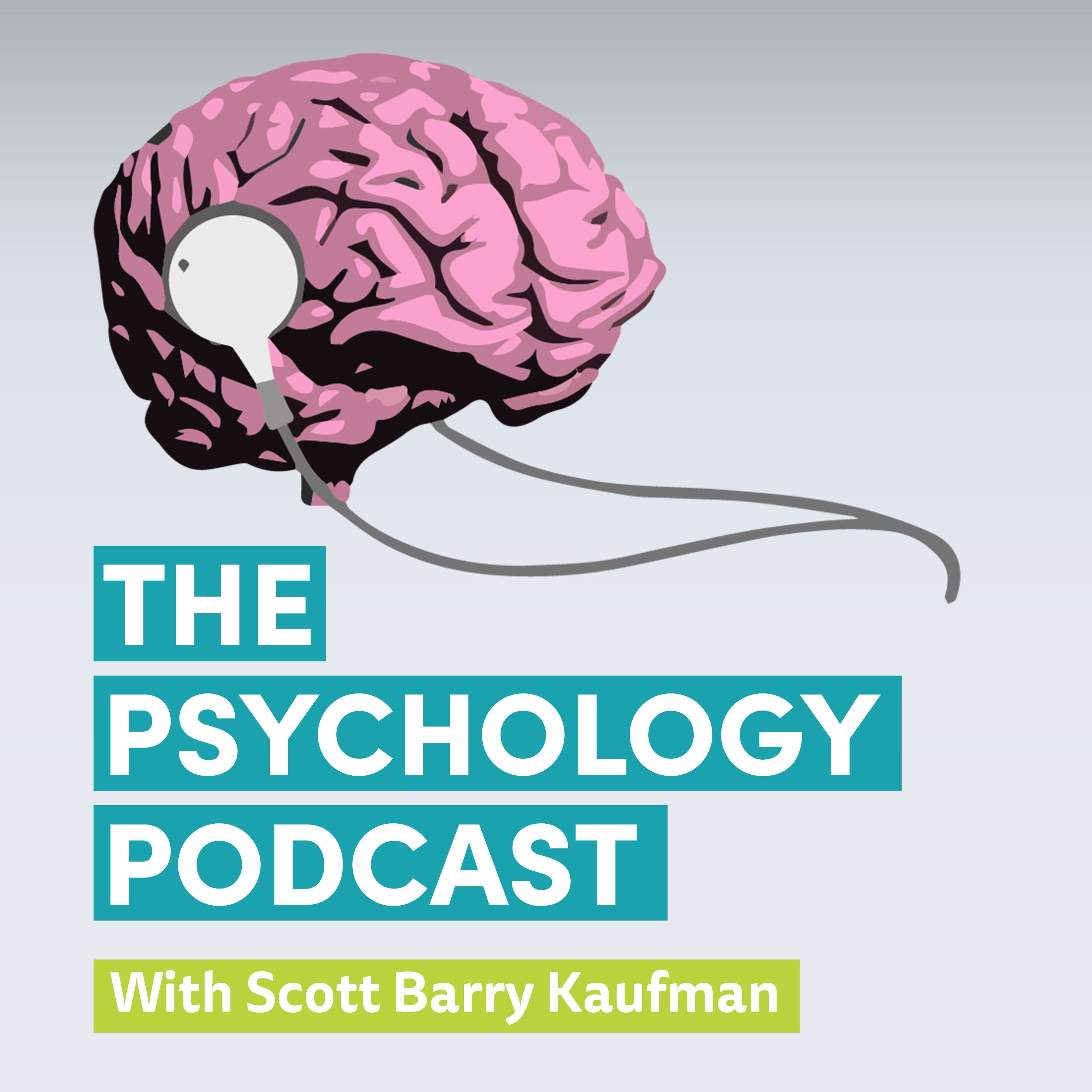
Mitch Prinstein || Popularity and the Power of Likability in a Status-Obsessed World
Mitch Prinstein, Ph.D. is board certified in clinical child and adolescent psychology, and serves as the John Van Seters Distinguished Professor of Psychology and Neuroscience, and the Director of Clinical Psychology at the University of North Carolina at Chapel Hill. He and his research have been featured in The New York Times, The Wall Street Journal, NPR, the LA Times, CNN, U.S. News & World Report, TIME magazine, New York magazine, Newsweek, and elsewhere. In his latest book Popular: The Power of Likeability in A Status-Obsessed World, Prinstein examines how our popularity affects our success, our relationships, and our happiness—and why we don’t always want to be the most popular. In our conversation we cover this and more, with key themes being: Why seeking popularity is actually a basic human need, Why it's not always the "conventionally popular" people who fare best, and how this relates to the (2) different strategies for achieving popularity: Likeability Status How studies can help explain both the basic human needs Facebook serves, and the more general status-seeking phenomenon on social media, What it means to induce a "Popularity Boomerang", and how becoming aware of it can fundamentally change the environment you exist in, How your early experiences of popularity (or lack thereof) are probably helping or hindering how you show up in the world today, and if hindering, how you can overcome its effects, Why it's more important the raise likeable kids than you might think, and the parenting implications of popularity research, The likeability advantage. We hope this conversation gives you some insights about popularity that will help you achieve your social, personal, and professional goals. Enjoy! Links: Popular: The Power of Likeability in A Status-Obsessed World is out now https://www.amazon.com/Popular-Power-Likability-Status-Obsessed-World/dp/0399563733/ Read an overview of the book and to take the Popularity Quiz http://www.mitchprinstein.com/books/popular-book/ Follow Mitch on Twitter @mitchprinstein https://twitter.com/mitchprinstein For more information on Mitch or his research visit http://www.mitchprinstein.com/ Support this podcast: https://anchor.fm/the-psychology-podcast/supportSee omnystudio.com/listener for privacy information.
29:5227/09/2017

Brendon Burchard || High Performance Habits
"What are the deliberate habits I can do consciously and consistently to keep getting better?" -- Brendon Burchard This week I'm delighted to welcome Brendon Burchard to The Psychology Podcast! After suffering depression and surviving a car accident at the age of 19, Brendon faced what he felt were life’s last questions: “Did I live fully? Did I love openly? Did I make a difference?” His intention to be happy with the answers led to his own personal breakthroughs, and ultimately to his life’s purpose of helping others live, to love, and to matter. He spent his 20s researching psychology and leadership, and consulting at Accenture. By age 32, he went out on his own and became a #1 best-selling author, an in-demand high performance coach, a sought-after speaker, and an early pioneer in the online education space. A #1 New York Times, #1 Wall Street Journal, #1 Amazon and #1 USA Today best-selling author, Brendon’s books include The Motivation Manifesto, The Charge, The Millionaire Messenger and Life’s Golden Ticket. His latest book is High Performance Habits: How Extraordinary People Become That Way. In this episode we have an enthusiastic and empirically-informed conversation about: How Brendon's past lead him to become the personal growth expert and multi-media pioneer he is today How thinking about life in terms of these 3 types can help you identify when it's time to take action or level up: <ol> <li>Caged life</li> <li>Comfortable life</li> <li>Charged life</li> </ol> How these 6 high performance habits can help you achieve long-term success and vibrant well-being: <ol> <li>Seek clarity</li> <li>Generate energy</li> <li>Raise necessity</li> <li>Increase productivity</li> <li>Develop influence</li> <li>Demonstrate courage</li> </ol> How these 4 key characteristics set successful creatives apart: <ol> <li>Identity</li> <li>Obsession</li> <li>Social Duty</li> <li>Deadline</li> </ol> How Brendon thinks about backing his illuminating frameworks with research We cover several useful frameworks in this episode, so be sure to enjoy it with a pen in hand. If you're like us, you'll want to take a lot of notes! Links: Preorder High Performance Habits: How Extraordinary People Become That Way [Resource] You can read the first 2 chapter's of Brendon's book here [Books] Albert Bandura's work on self efficacy (mentioned) [Book] Support this podcast: https://anchor.fm/the-psychology-podcast/supportSee omnystudio.com/listener for privacy information.
01:09:2620/09/2017

Gretchen Rubin || “Questioning” the Four Tendencies
This week we're delighted to have Gretchen Rubin on The Psychology Podcast! Gretchen is the author of several books, including the blockbuster New York Times bestsellers, Better Than Before, The Happiness Project and Happier at Home. She has an enormous readership, both in print and online, and her books have sold almost three million copies worldwide, in more than thirty languages. On her popular weekly podcast Happier with Gretchen Rubin, she discusses good habits and happiness with her sister Elizabeth Craft; they’ve been called the “Click and Clack of podcasters.” Her podcast was named in iTunes’s lists of “Best Podcasts of 2015” and was named in the Academy of Podcasters “Best Podcasts of 2016". Gretchen's latest book is The Four Tendencies, which is the main focus of this episode's lively discussion and debate. The larger themes of our conversation include: The four tendencies: Upholders, Questioners, Oblidgers, and Questioners; they refer to the different ways each of us responds to internal and external expectations How Gretchen came up with these 4 categories The ways in which each of these 4 categories may be found to correlate with different "Big 5" personality traits The disadvantages of studying discrete types in the world of personality psychology The level of rigor necessary to distinguish a theory from a fully-formed, brand new personality dimension The place for writing that presents theories built on a more observational and experiential notion of truth, as opposed to a rigorously tested truth The ways that knowing your type can help you harness both your own strengths and those of others Links: [Book] The Four Tendencies [Quiz] Take Gretchen's Four Tendencies Quiz [Twitter] Support this podcast: https://anchor.fm/the-psychology-podcast/supportSee omnystudio.com/listener for privacy information.
46:0513/09/2017

Maia Szalavitz || Rethinking Addiction
This week we're glad to welcome Maia Szalavitz to the podcast! Maia Szalavitz is one of the premier American journalists covering addiction and drugs. She is a co-author of Born for Love and The Boy Who Was Raised as a Dog, as well as a writer for TIME.com, VICE, the New York Times, Scientific American Mind, Elle, Psychology Today and Marie Claire among others. Her latest book is Unbroken Brain, which challenges the idea of the addict's "broken brain" and the simplistic notion of an "addictive personality". The key themes of our conversation include: The personal nature of her book and how emergent science has helped her understand her past Where the brain is and isn't to blame in the rise of addiction in individuals "Addiction is not a sin or a choice. It's also not a chronic brain disease." Why many addictive behaviors are adaptive, and the distinction between an "addiction" and a "dependence" "Traits that we think are useless can be useful in some settings." Why she advocates for a shift from belief-cased addiction treatment (ex. 12-step program) to evidence-based treatment "We all learn to become who we are." We end the conversation with a discussion of what this means to Maia and how we can all benefit from reflecting on this idea in different facets of our lives. Maia offers a paradigm-shifting take on thinking about addiction, and we think you will learn a lot from this episode. Enjoy! Support this podcast: https://anchor.fm/the-psychology-podcast/supportSee omnystudio.com/listener for privacy information.
45:4506/09/2017
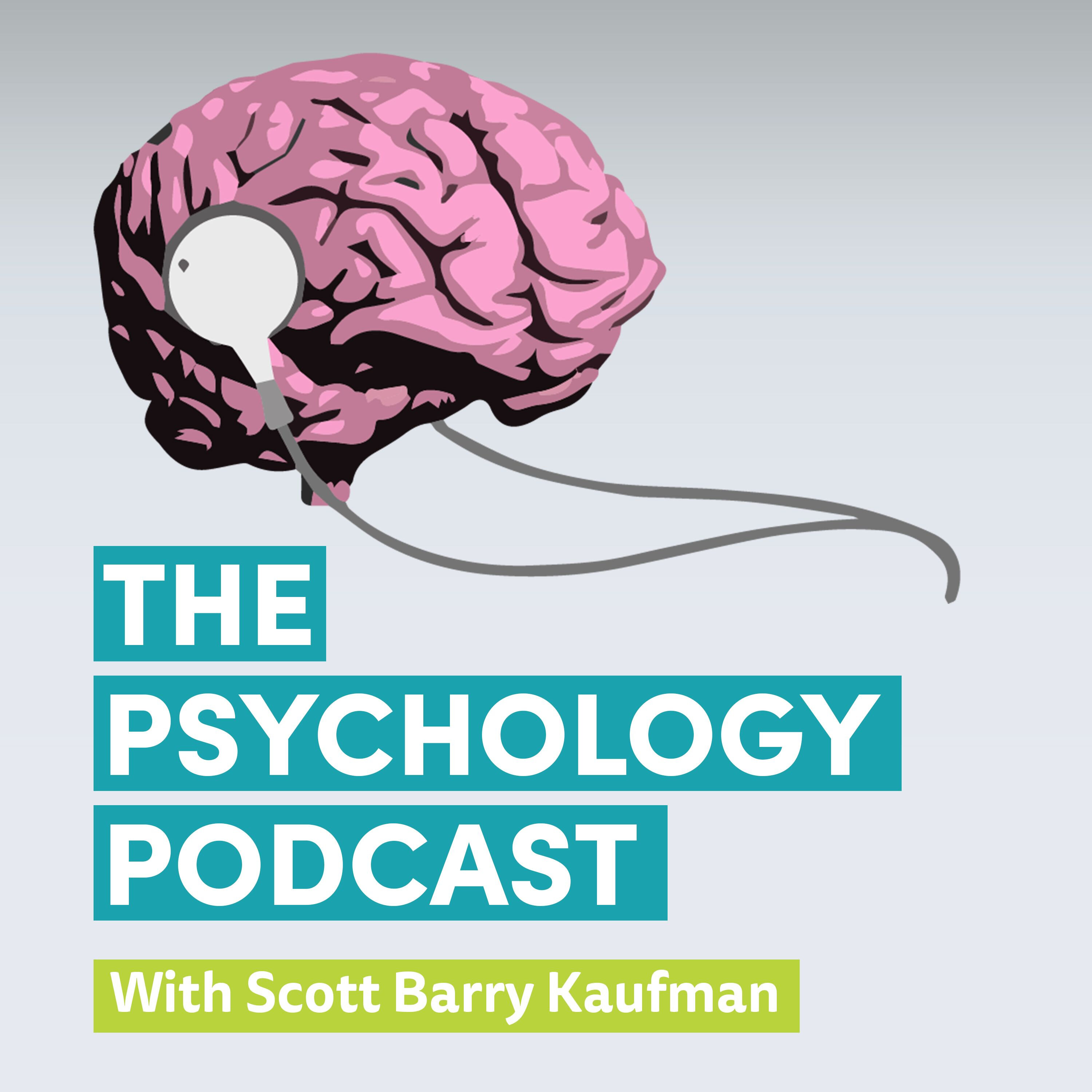
Michael Shermer || Science and Skepticism
This week we're excited to welcome Dr. Michael Shermer to The Psychology Podcast. Michael is the publisher of Skeptic magazine, a New York Times bestselling author, and a monthly columnist for Scientific American. He has also been a college professor since 1979 and is currently a Presidential Fellow at Chapman University, where he teaches Skepticism 101. In our conversation, Michael sheds light on a smorgasbord of intersections between psychology and skepticism. This episode is also a great primer for those of you who are curious about what it means to think like a skeptic. In this episode we discuss: The core tenants of skepticism The difference between skepticism and cynicism Whether it's possible--in the eyes of a skeptic--to "prove everything" The evidence-based probability that God exists How individual differences in personality (ex. Agreeableness) play a role in one's proclivity for critical inquiry Whether Michael would consider himself a skepticism "guru" How to suspend disbelief when you need to act but don't have all the evidence Michael's interpretation of the free speech discussion in light of recent events The recent conflation of free speech and hate speech Why we might be better off evaluating human problems relatively (as opposed to objectively) The differences between Atheists, humanists, and skeptics Michael's take on topics discussed by futurists (e.g. The singularity, cryogenics) Whether or not he is scared of death The distinction between meaning We wrap up the conversation by connecting the science of flourishing to positive psychology, where we cover the loci of focus that can predictably bring us a sense of purpose, and the distinction between meaning and happiness. Enjoy! Links: Skeptic magazine and other resources on skepticism Michael's blog for Scientific America entitled "Skeptic" Follow Michael Shermer on Twitter You can preorder his new book Heavens on Earth: The Scientific Search for the Afterlife, Immortality & Utopia on Amazon Support this podcast: https://anchor.fm/the-psychology-podcast/supportSee omnystudio.com/listener for privacy information.
54:3930/08/2017
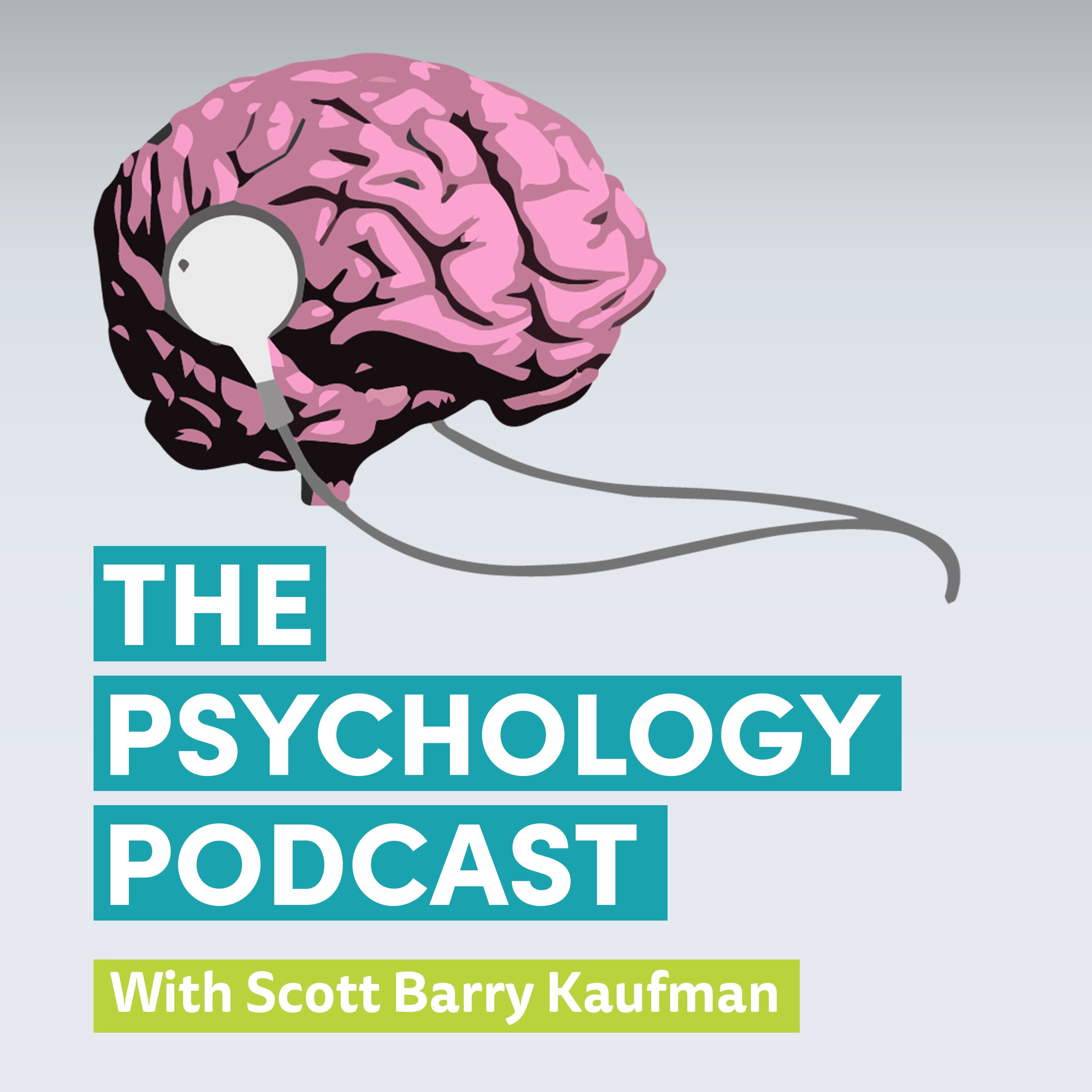
Robert Wright || Why Buddhism is True
This week we're excited to have Robert Wright on The Psychology Podcast. Robert is the New York Times best-selling author of Nonzero, The Moral Animal, The Evolution of God, and most recently Why Buddhism is True. He has also written for The New Yorker, The Atlantic, The New York Times, Time, Slate, and The New Republic, and has taught at The University of Pennsylvania and Princeton University, where he also created the online course Buddhism and Modern Psychology. Robert draws on his wide-ranging knowledge of science, religion, psychology, history and politics to figure out what makes humanity tick. In this episode we cover: How "taking the red pill" from The Matrix can be likened to the practice of mediation, How and why "our brains evolved to delude us", If and how Buddhism gets you more in touch with "reality", including the bottom-up processes of cognition, Whether or not one can take parts of the practice too far, How Buddhism can be beneficial for seeing beauty where you didn't before, Why our default state of consciousness isn’t necessarily good, How this book might infer that evolutionary psychology is not a complete explanation for many human tendencies, Why many feelings are illusions and how we know when they are, Why it's true that "the more we engage a 'module' the more power it has", Robert's interpretation of what the Buddha really meant by the "non-self", and how this does or does not conflict with one's sense of identity. In our conversation, Robert offers Buddhism as a solution for finding and sustaining happiness, exploring the interplay between Buddhist practices and evolutionary psychology in an unprecedented way. You may also find this episode interesting if you're curious about whether it's possible to see the world "accurately" or whether that's even best for one's well being. Enjoy! Note to Psychology Podcast listeners: This happens to be the 100th episode of The Psychology Podcast. Thank you for your support! It's been a fun journey so far, and we're looking forward to the next 100 episodes! Support this podcast: https://anchor.fm/the-psychology-podcast/supportSee omnystudio.com/listener for privacy information.
49:2616/08/2017





